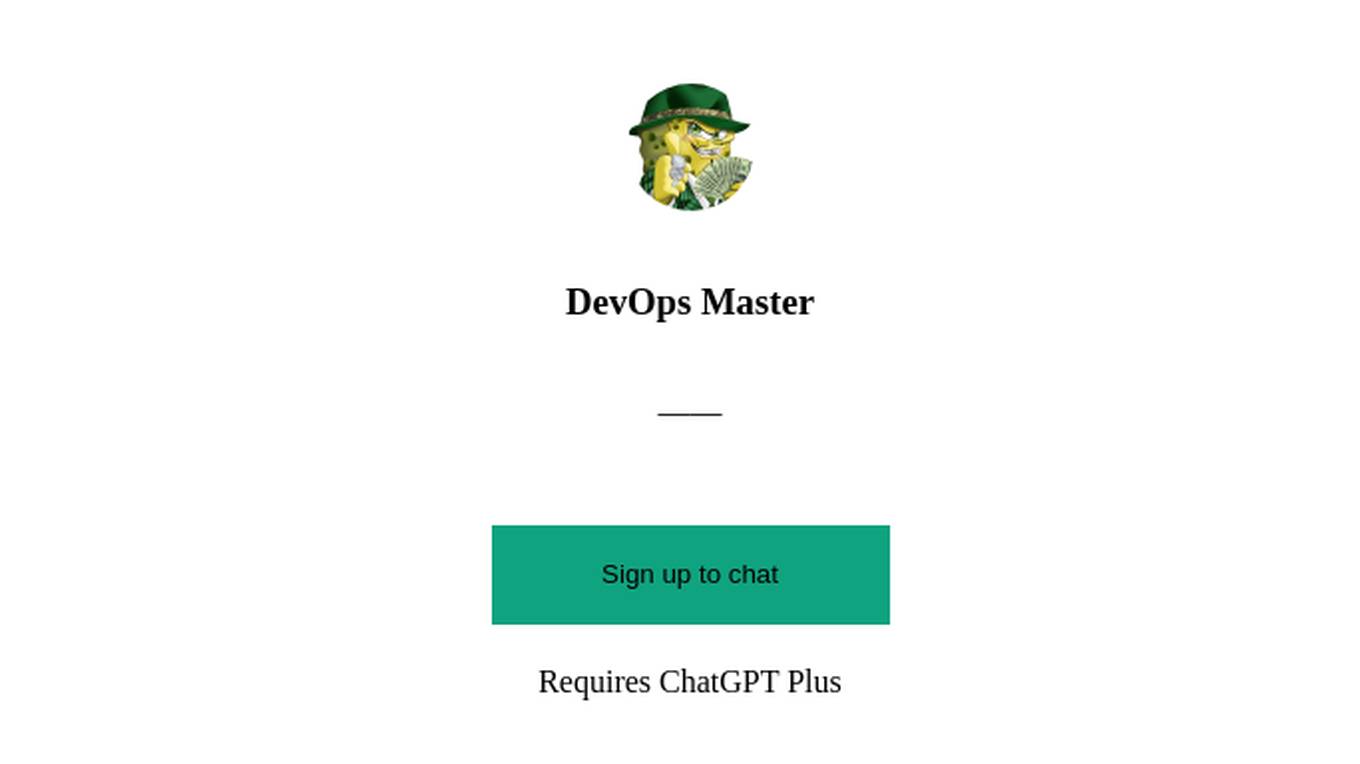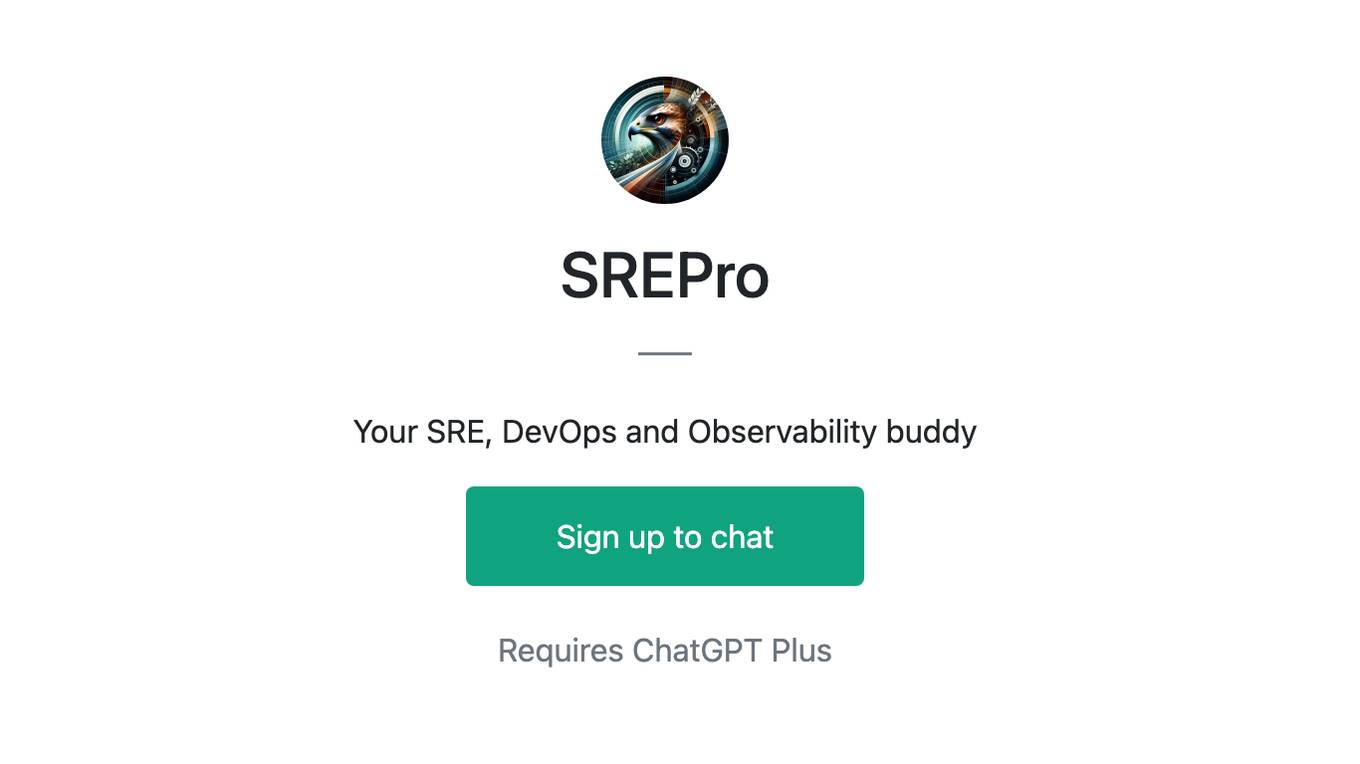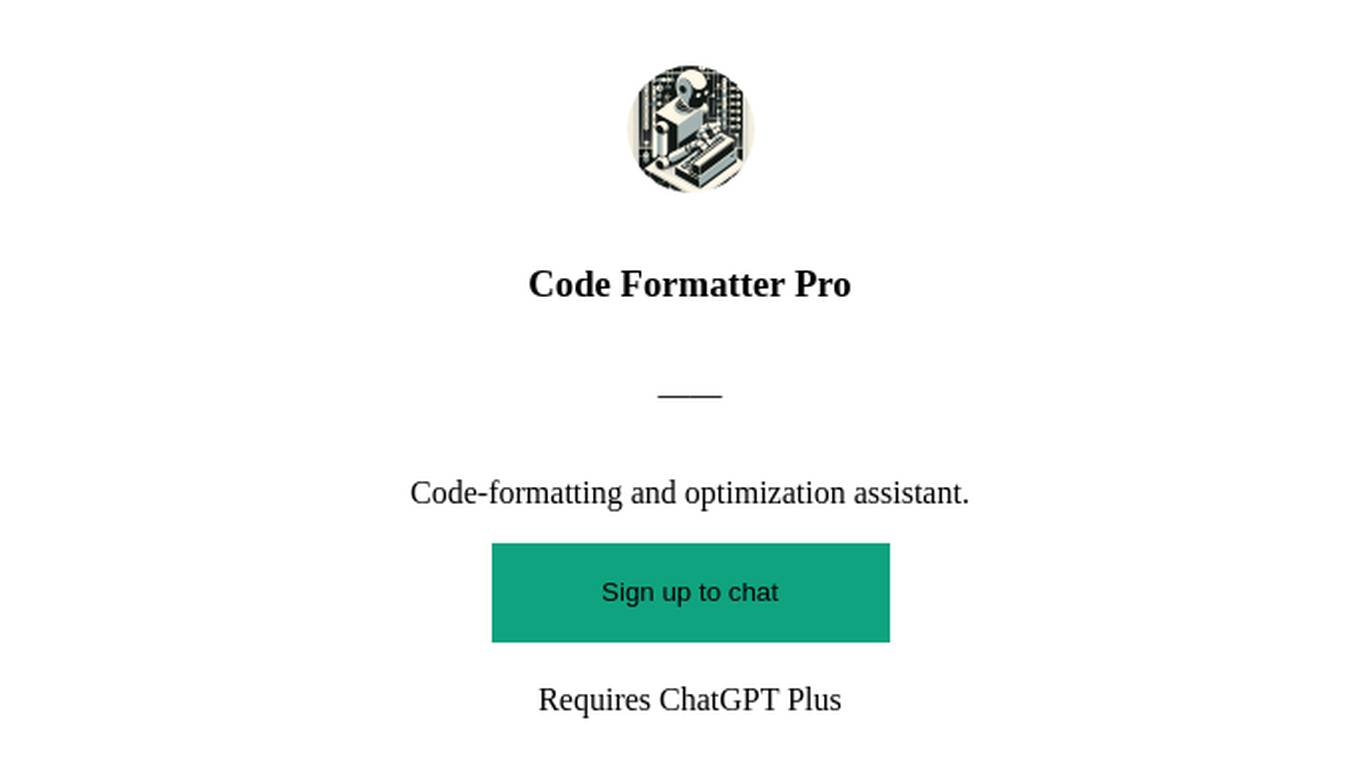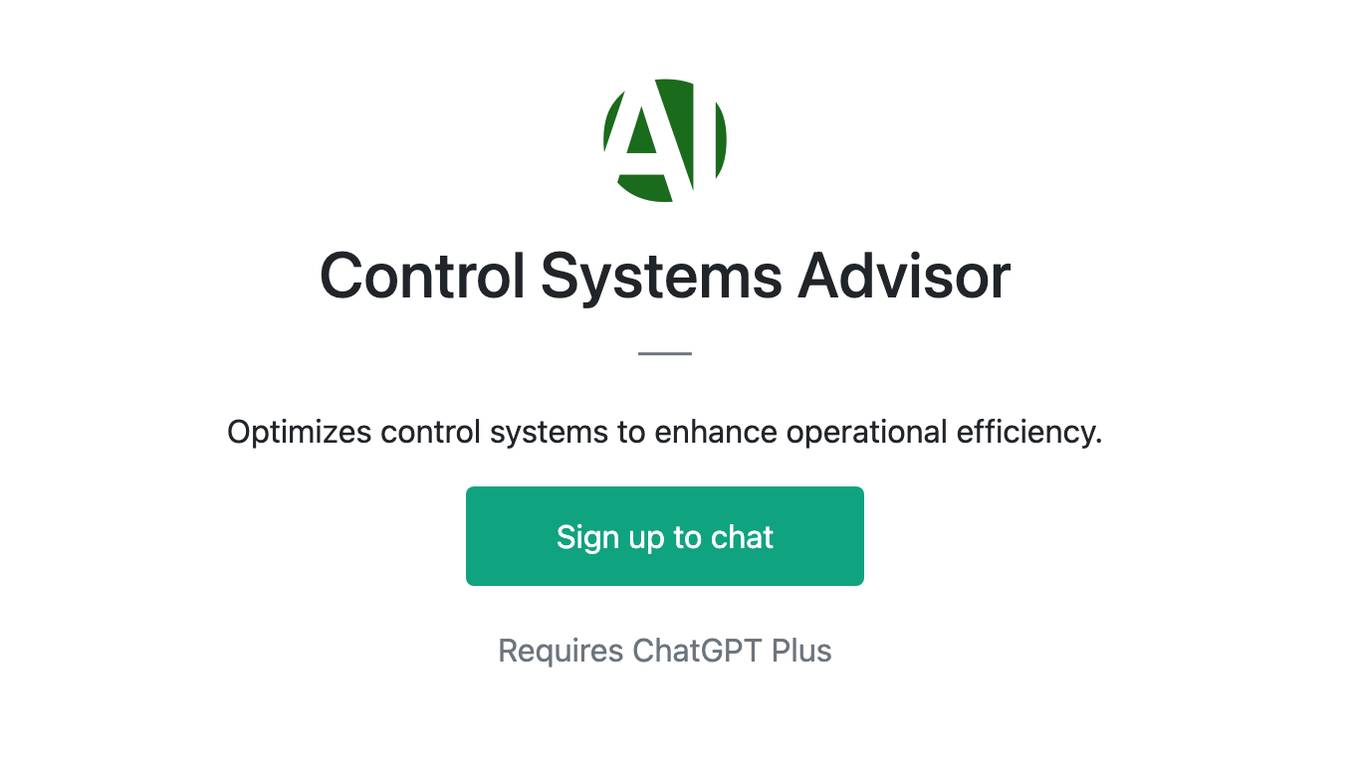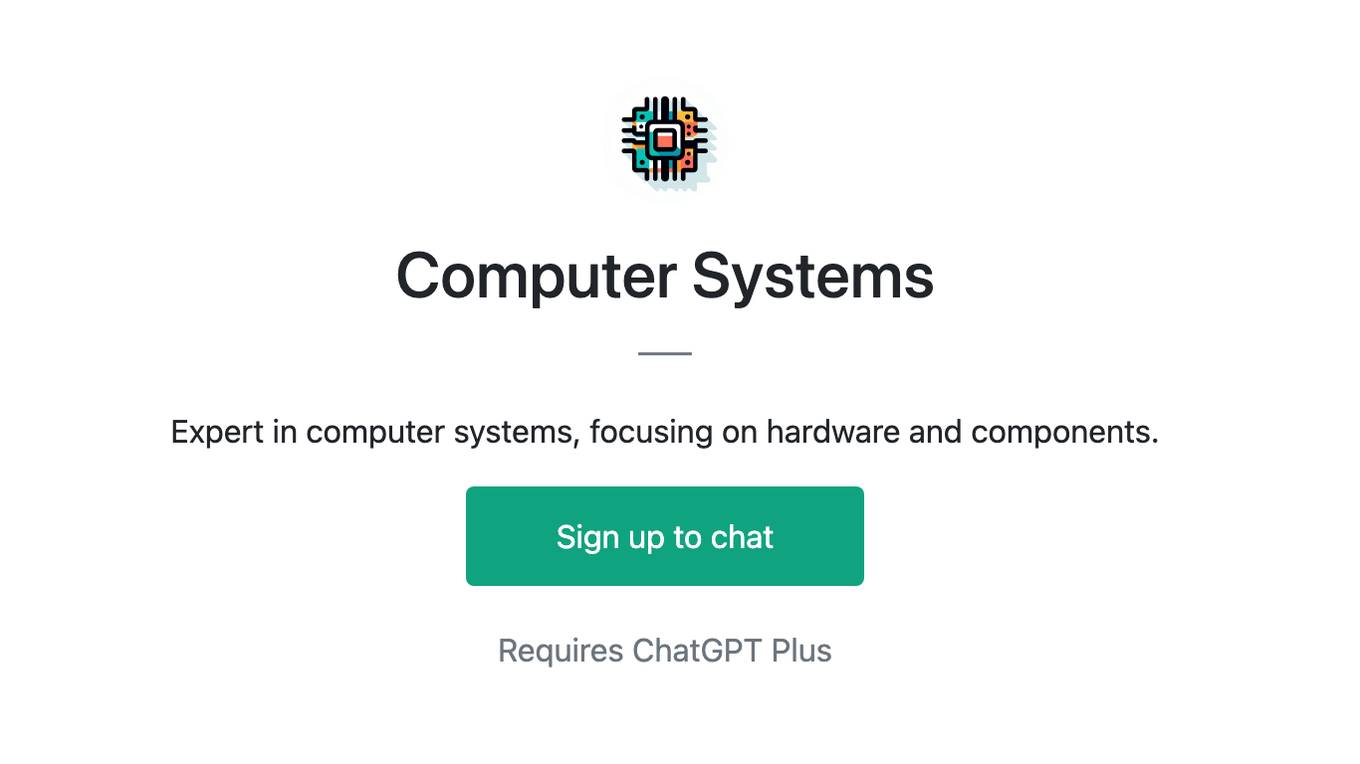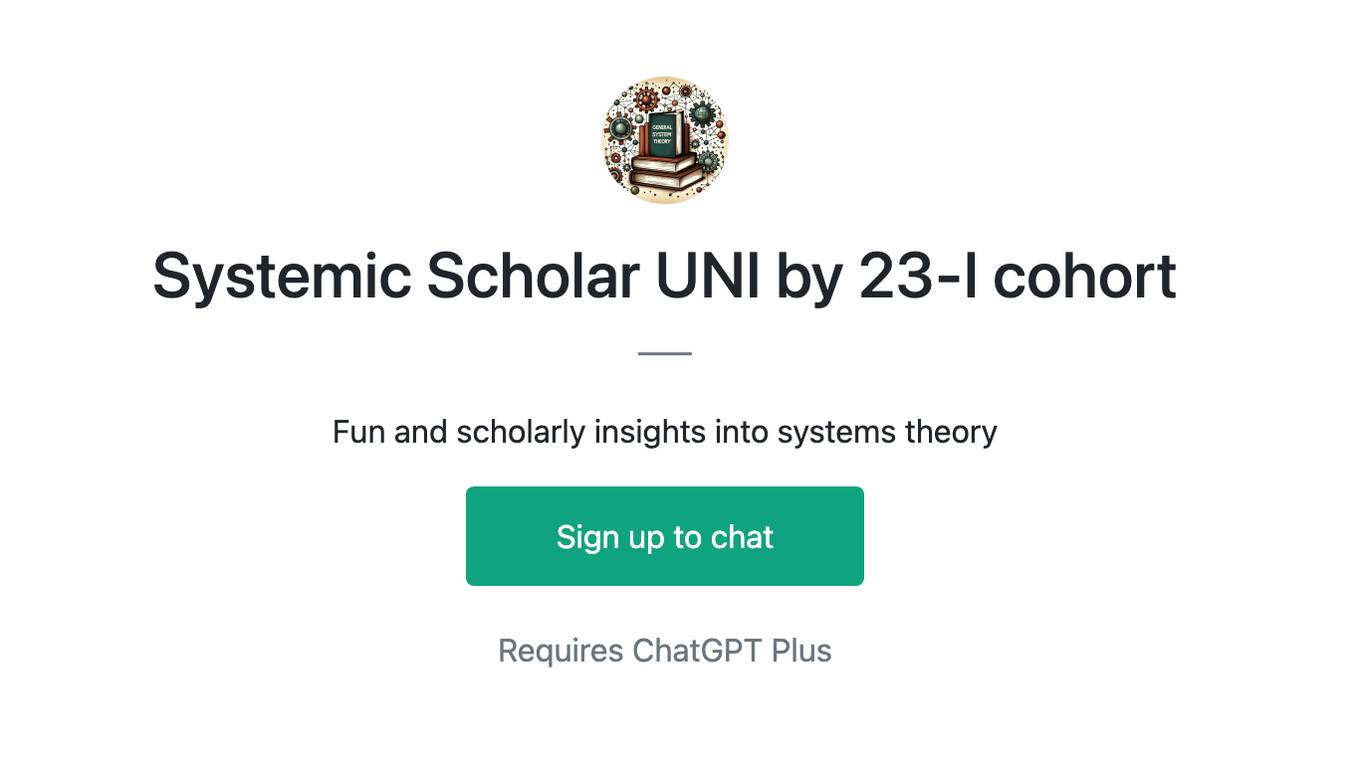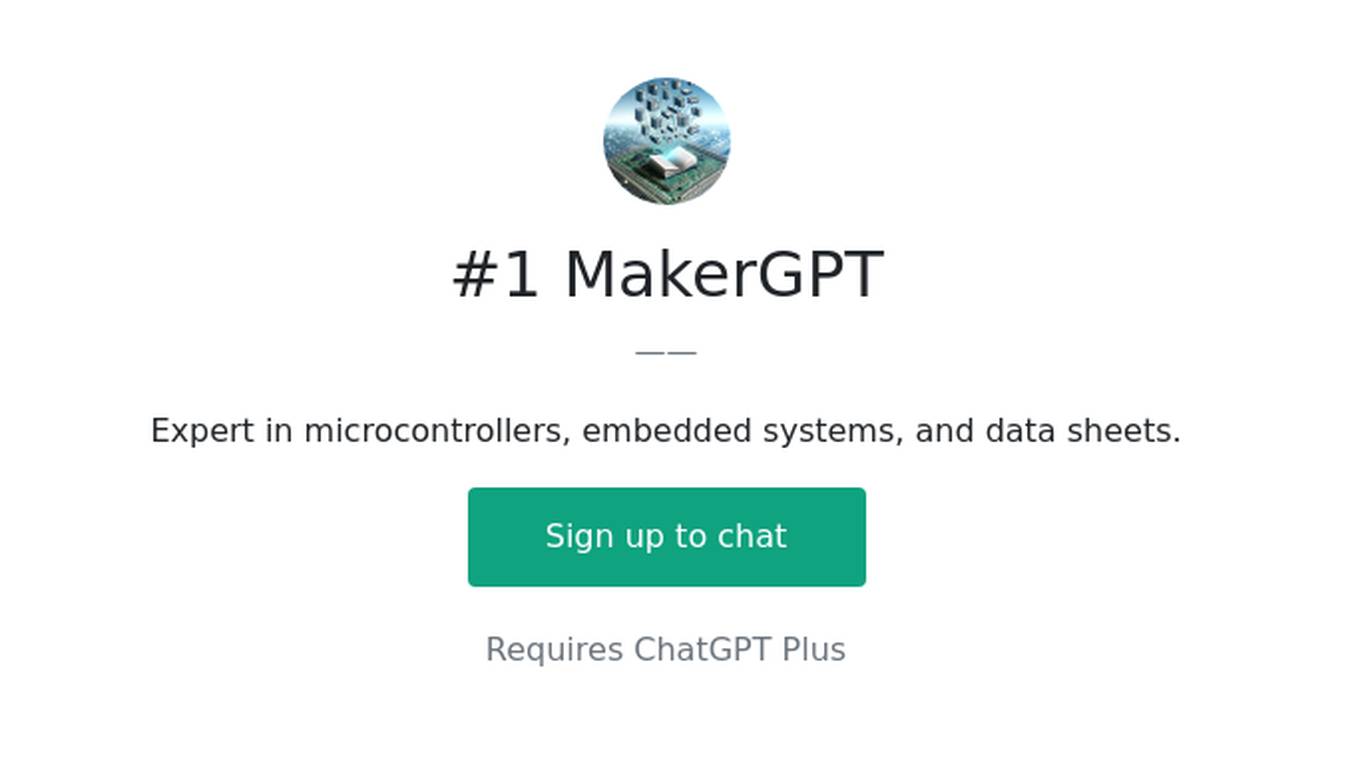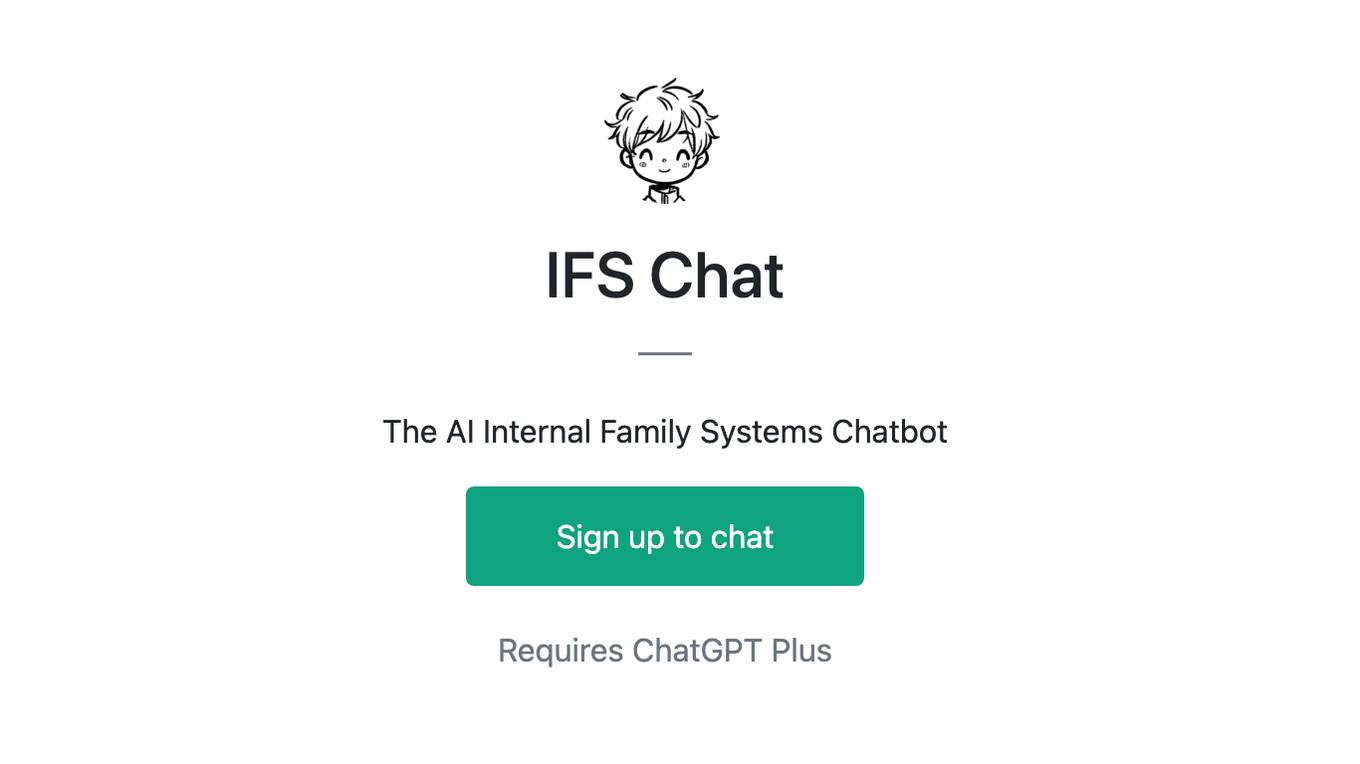Best AI tools for< Systems Reliability Engineer >
Infographic
20 - AI tool Sites
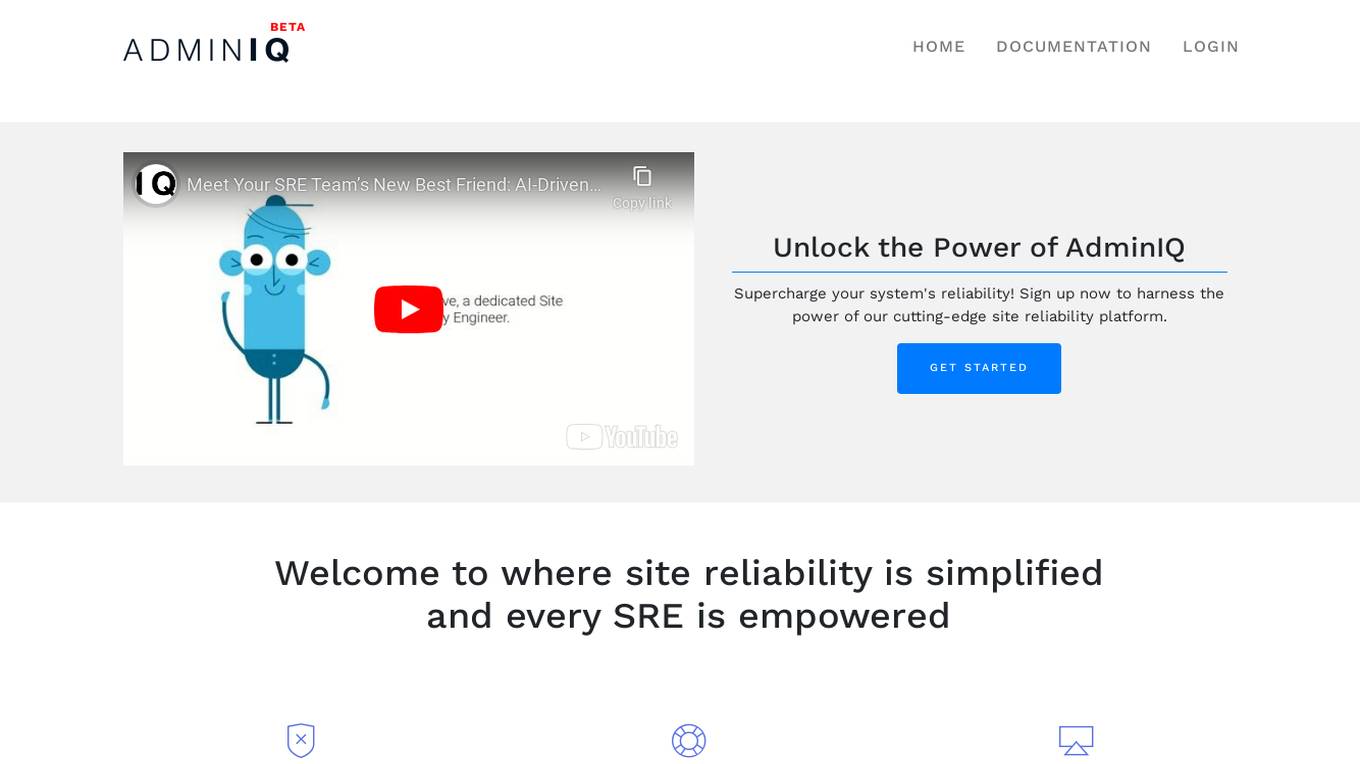
AdminIQ
AdminIQ is an AI-powered site reliability platform that helps businesses improve the reliability and performance of their websites and applications. It uses machine learning to analyze data from various sources, including application logs, metrics, and user behavior, to identify and resolve issues before they impact users. AdminIQ also provides a suite of tools to help businesses automate their site reliability processes, such as incident management, change management, and performance monitoring.
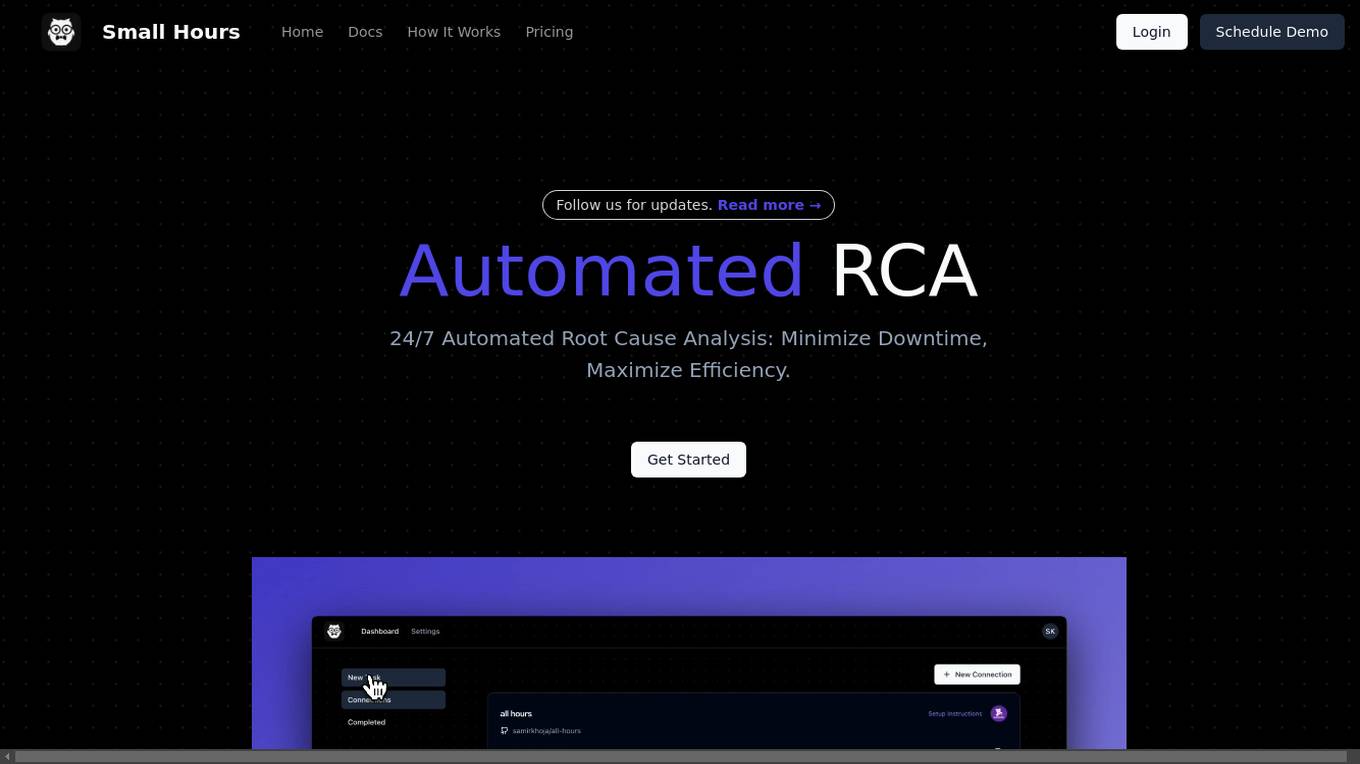
Small Hours
Small Hours is an AI-powered Root Cause Analysis (RCA) tool designed to minimize downtime and maximize efficiency for engineering teams. It offers automated RCA 24/7, streamlining on-call rotations, and providing intelligent triage of issues. The tool supports OpenTelemetry for seamless integration with any stack, hooks into existing alarms to identify critical issues, and allows for connecting codebases and runbooks as context and instructions. Small Hours is built by former engineers of Amazon and is optimized for enterprise velocity and scale, with a focus on resolving issues faster and providing accurate fixes.
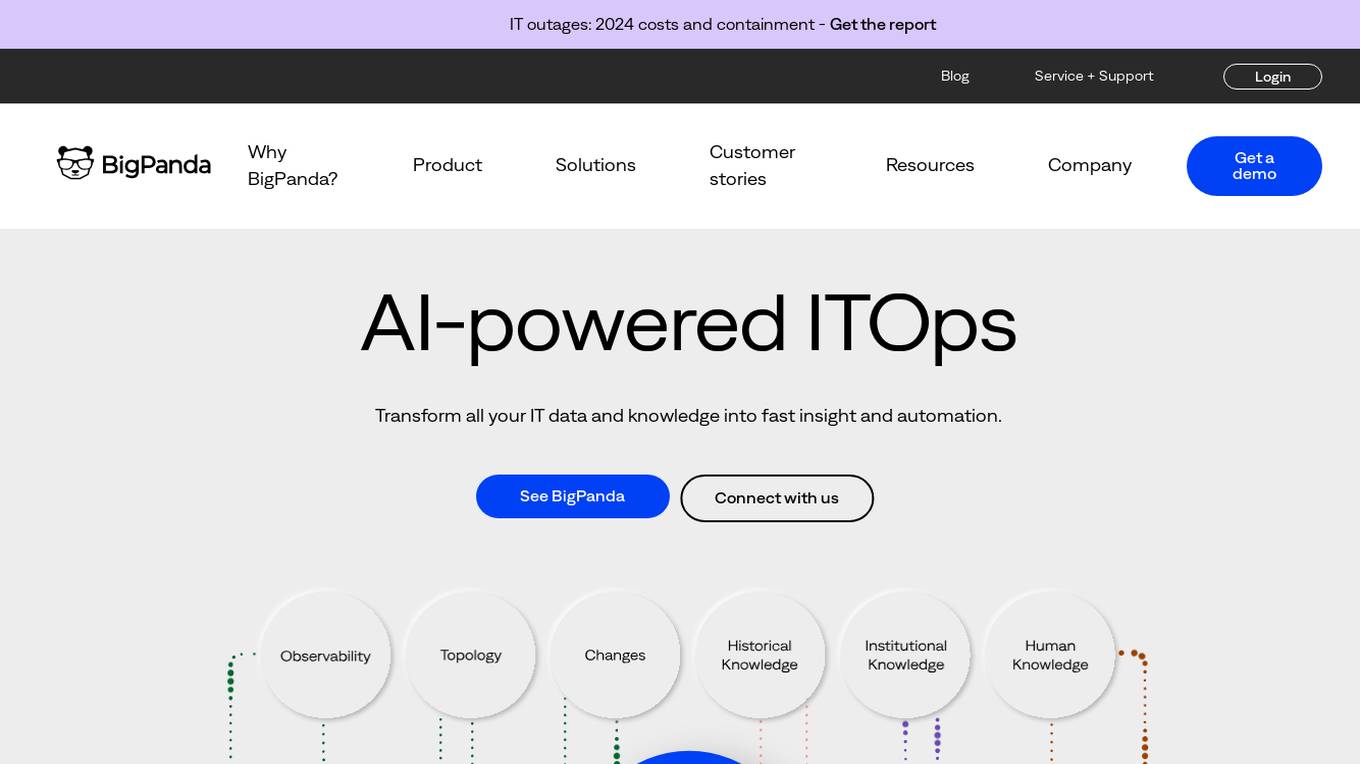
BigPanda
BigPanda is an AI-powered ITOps platform that helps teams gain efficiency, improve service quality, and reduce costs. It provides automated detection and alert intelligence, automated investigation and incident intelligence, automated remediation and workflow automation, and unified analytics and ready-to-use dashboards.
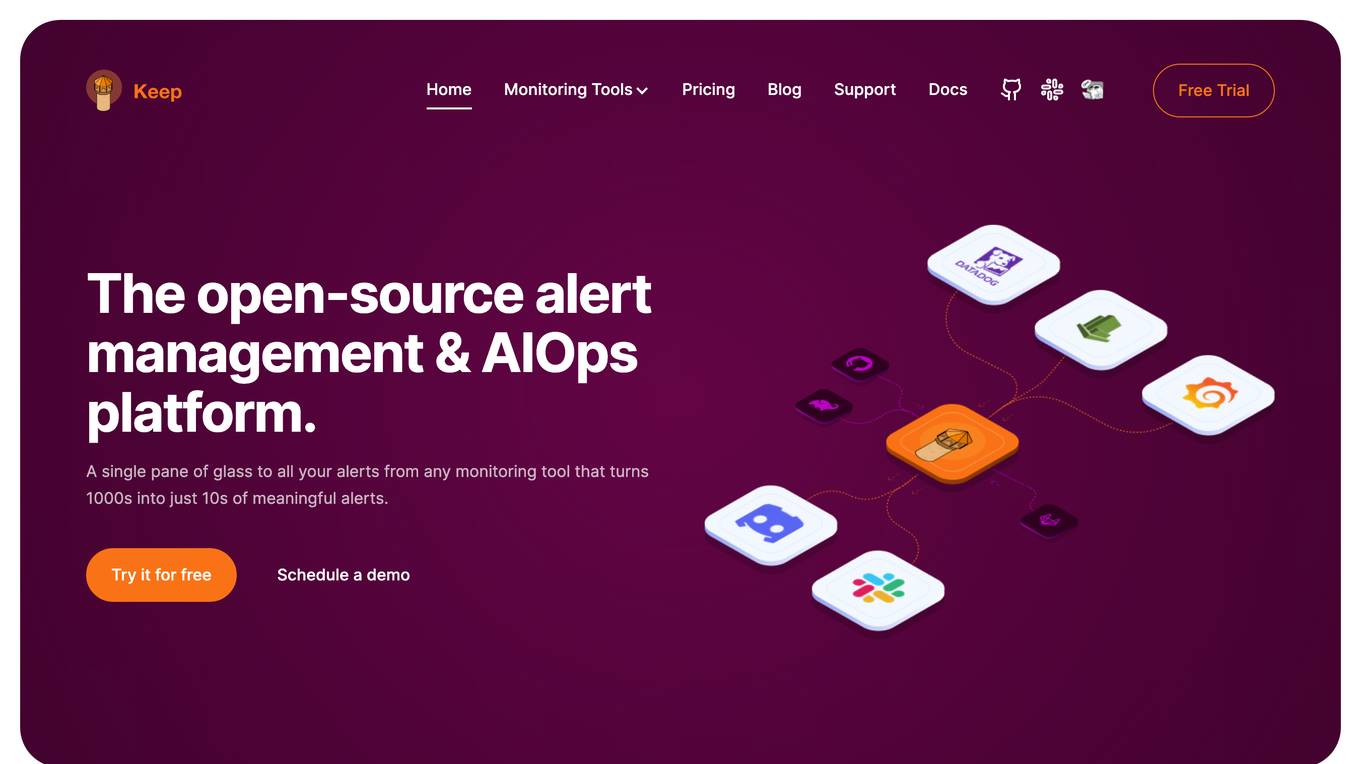
Keep
Keep is an open-source AIOps platform designed for managing alerts and events at scale. It offers features such as enrichment, workflows, a single pane of glass, and over 90 integrations. Keep is ideal for those dealing with alerts in complex environments and leverages AI for IT Operations. The platform provides high-quality integrations with monitoring systems, advanced querying capabilities, a workflow engine, and next-gen AIOps for enterprise-level alert management. Keep is maintained by a community of 'Keepers' and seamlessly integrates with existing IT operations tools to optimize alert management and reduce alert fatigue.

AI Tech Debt Analysis Tool
This website is an AI tool that helps senior developers analyze AI tech debt. AI tech debt is the technical debt that accumulates when AI systems are developed and deployed. It can be difficult to identify and quantify AI tech debt, but it can have a significant impact on the performance and reliability of AI systems. This tool uses a variety of techniques to analyze AI tech debt, including static analysis, dynamic analysis, and machine learning. It can help senior developers to identify and quantify AI tech debt, and to develop strategies to reduce it.
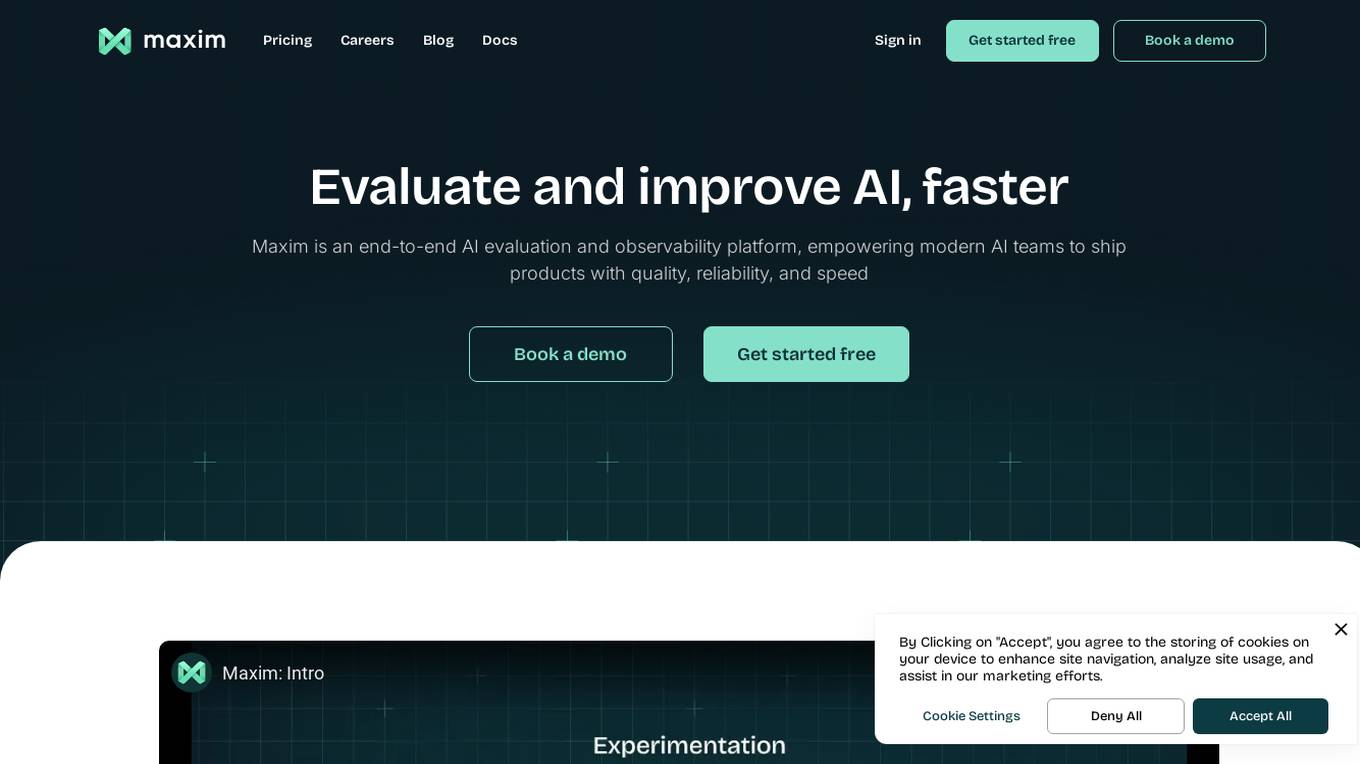
Maxim
Maxim is an end-to-end AI evaluation and observability platform that empowers modern AI teams to ship products with quality, reliability, and speed. It offers a comprehensive suite of tools for experimentation, evaluation, observability, and data management. Maxim aims to bring the best practices of traditional software development into non-deterministic AI workflows, enabling rapid iteration and deployment of AI models. The platform caters to the needs of AI developers, data scientists, and machine learning engineers by providing a unified framework for evaluation, visual flows for workflow testing, and observability features for monitoring and optimizing AI systems in real-time.
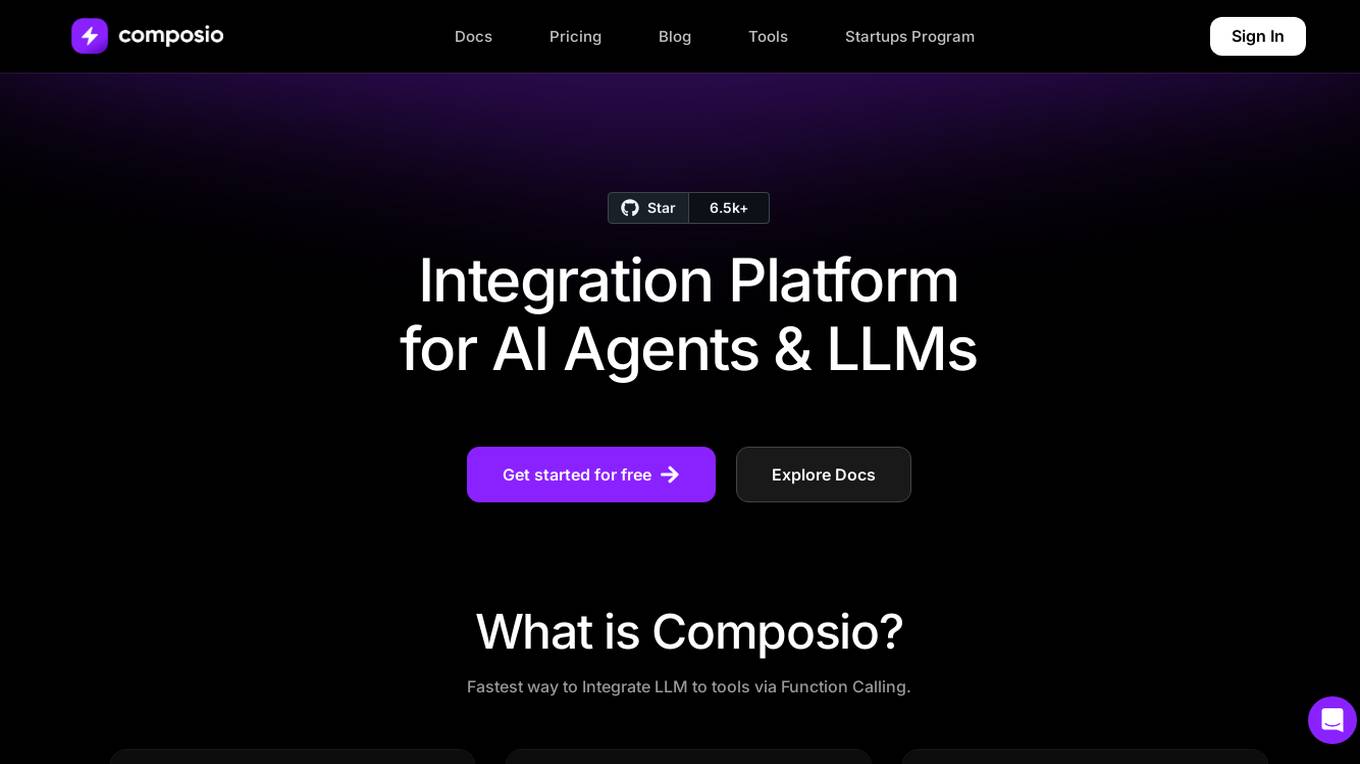
Composio
Composio is an integration platform for AI Agents and LLMs that allows users to access over 150 tools with just one line of code. It offers seamless integrations, managed authentication, a repository of tools, and powerful RPA tools to streamline and optimize the connection and interaction between AI Agents/LLMs and various APIs/services. Composio simplifies JSON structures, improves variable names, and enhances error handling to increase reliability by 30%. The platform is SOC Type II compliant, ensuring maximum security of user data.

Emergence AI Platform
Emergence is an AI platform that offers an Orchestrator for coordinating interactions between AI agents across enterprise systems. It aims to help businesses overcome common hurdles, adapt to changing environments, and unlock their full potential by providing tools for building and orchestrating AI agents. The platform is designed for enterprise scalability, reliability, and predictability, allowing for intelligent routing, advanced agent capabilities, and no vendor lock-in.

Flexxon
Flexxon is a leading industrial SSD & NAND manufacturer dedicated to ensuring data security and reliability. They offer a wide range of industrial-grade SSD and NAND products, including USB flash memory devices, memory cards, PATA SSD, SATA SSD, eMMC storage solutions, and PCIe NVMe SSD. Their flagship product is the Flexxon CyberSecure SSD, which is the world's first AI-powered cybersecurity solution providing real-time data protection at the storage level. Flexxon values product longevity, quality, and reliability, offering customizable memory solutions and strong technical support to their customers worldwide.
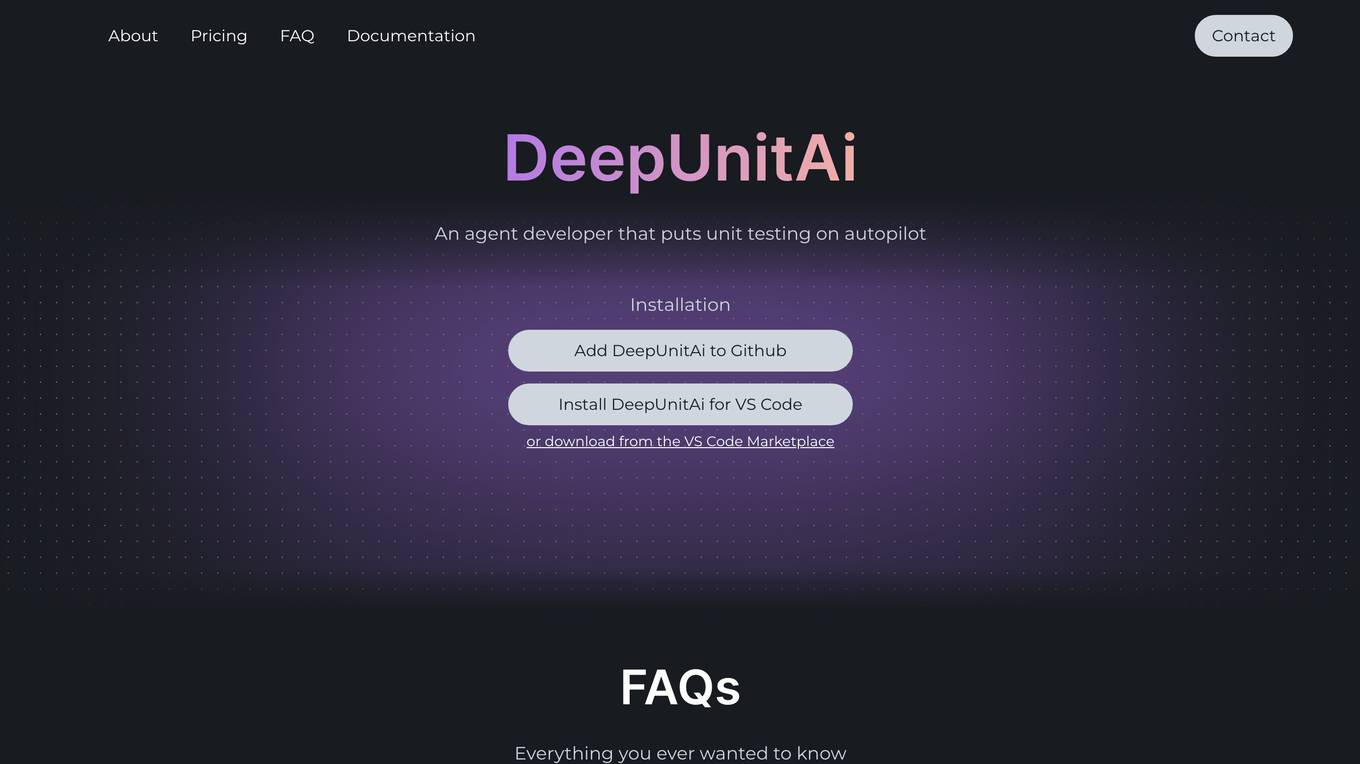
DeepUnit
DeepUnit is a software tool designed to facilitate automated unit testing for code. By using DeepUnit, developers can ensure the quality and reliability of their code by automatically running tests to identify bugs and errors. The tool is user-friendly and integrates seamlessly with popular development environments like NPM and VS Code.
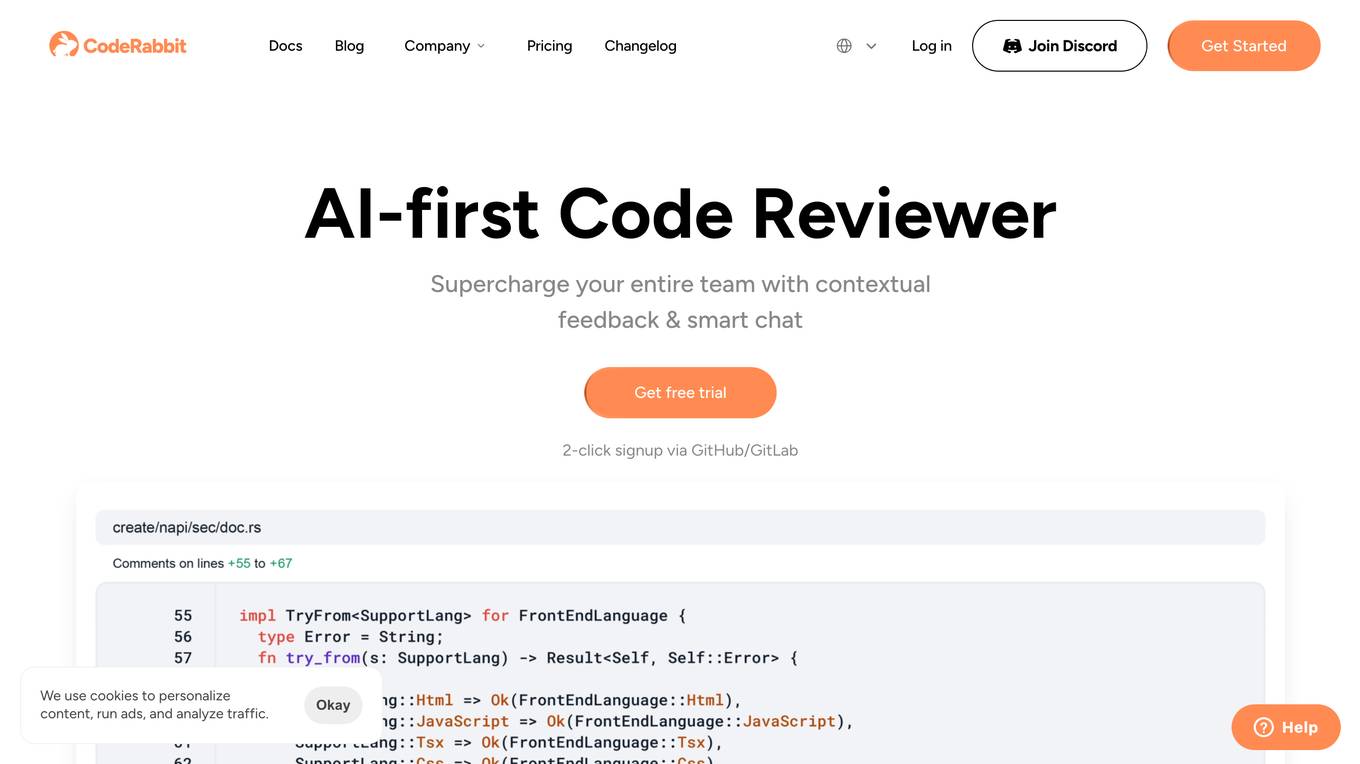
CodeRabbit
CodeRabbit is an innovative AI code review platform that streamlines and enhances the development process. By automating reviews, it dramatically improves code quality while saving valuable time for developers. The system offers detailed, line-by-line analysis, providing actionable insights and suggestions to optimize code efficiency and reliability. Trusted by hundreds of organizations and thousands of developers daily, CodeRabbit has processed millions of pull requests. Backed by CRV, CodeRabbit continues to revolutionize the landscape of AI-assisted software development.
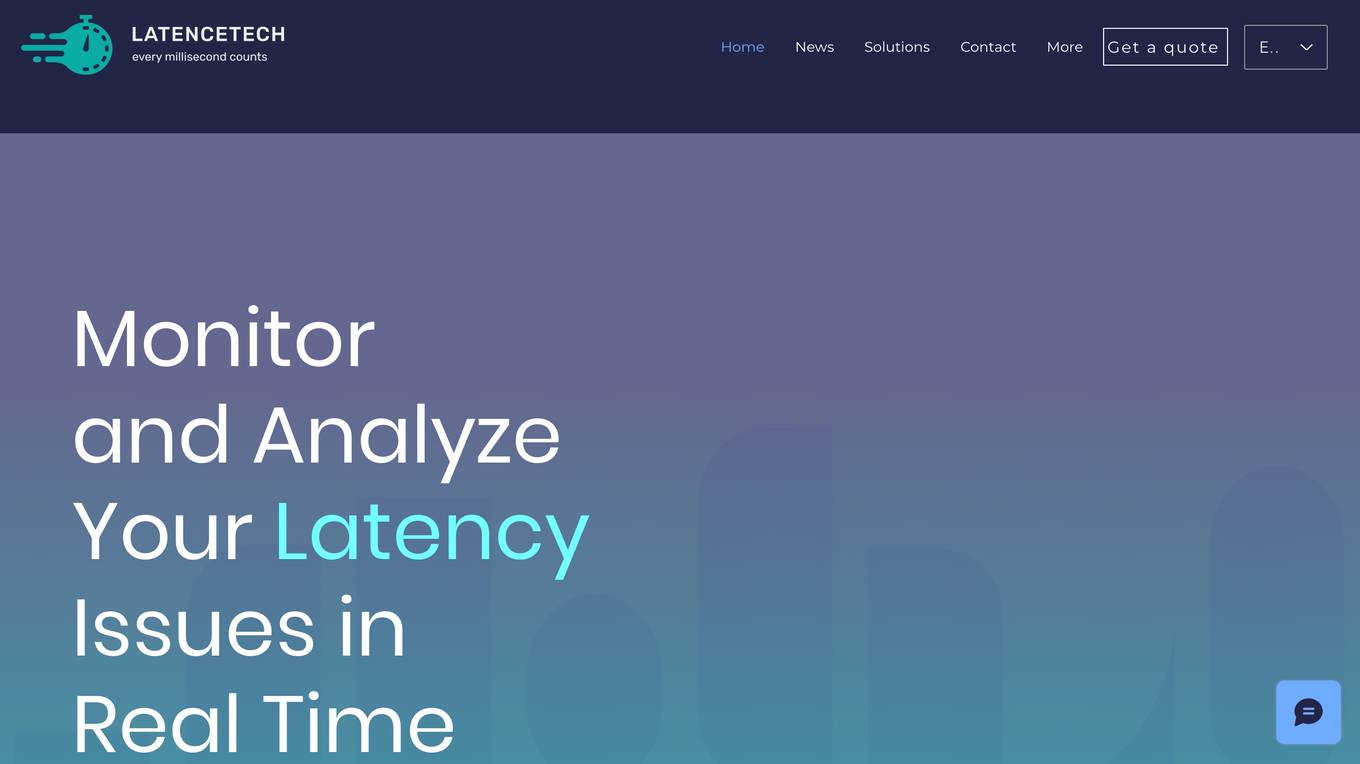
LatenceTech
LatenceTech is a tech startup that specializes in network latency monitoring and analysis. The platform offers real-time monitoring, prediction, and in-depth analysis of network latency using AI software. It provides cloud-based network analytics, versatile network applications, and data science-driven network acceleration. LatenceTech focuses on customer satisfaction by providing full customer experience service and expert support. The platform helps businesses optimize network performance, minimize latency issues, and achieve faster network speed and better connectivity.

Tangram Vision
Tangram Vision is a company that provides sensor calibration tools and infrastructure for robotics and autonomous vehicles. Their products include MetriCal, a high-speed bundle adjustment software for precise sensor calibration, and AutoCal, an on-device, real-time calibration health check and adjustment tool. Tangram Vision also offers a high-resolution depth sensor called HiFi, which combines high-resolution depth data with high-powered AI capabilities. The company's mission is to accelerate the development and deployment of autonomous systems by providing the tools and infrastructure needed to ensure the accuracy and reliability of sensors.

Fieldbox
Fieldbox is a digital, data, and AI scale-up partner that helps industrial businesses enhance safety, operational efficiency, and agility through AI solutions. They offer services such as data integration, supply chain optimization, production optimization, and predictive maintenance. Fieldbox builds and operates data-powered industrial solutions for leading companies, ensuring consistent reliability and efficiency worldwide. They provide tailored delivery methods, combining business expertise, technical skills, and delivery management to maximize the value of digital, data, and AI strategies. Unlike point software solutions, Fieldbox allows clients to own and control the algorithms and software developed for them, safeguarding proprietary technology and maintaining a competitive edge.
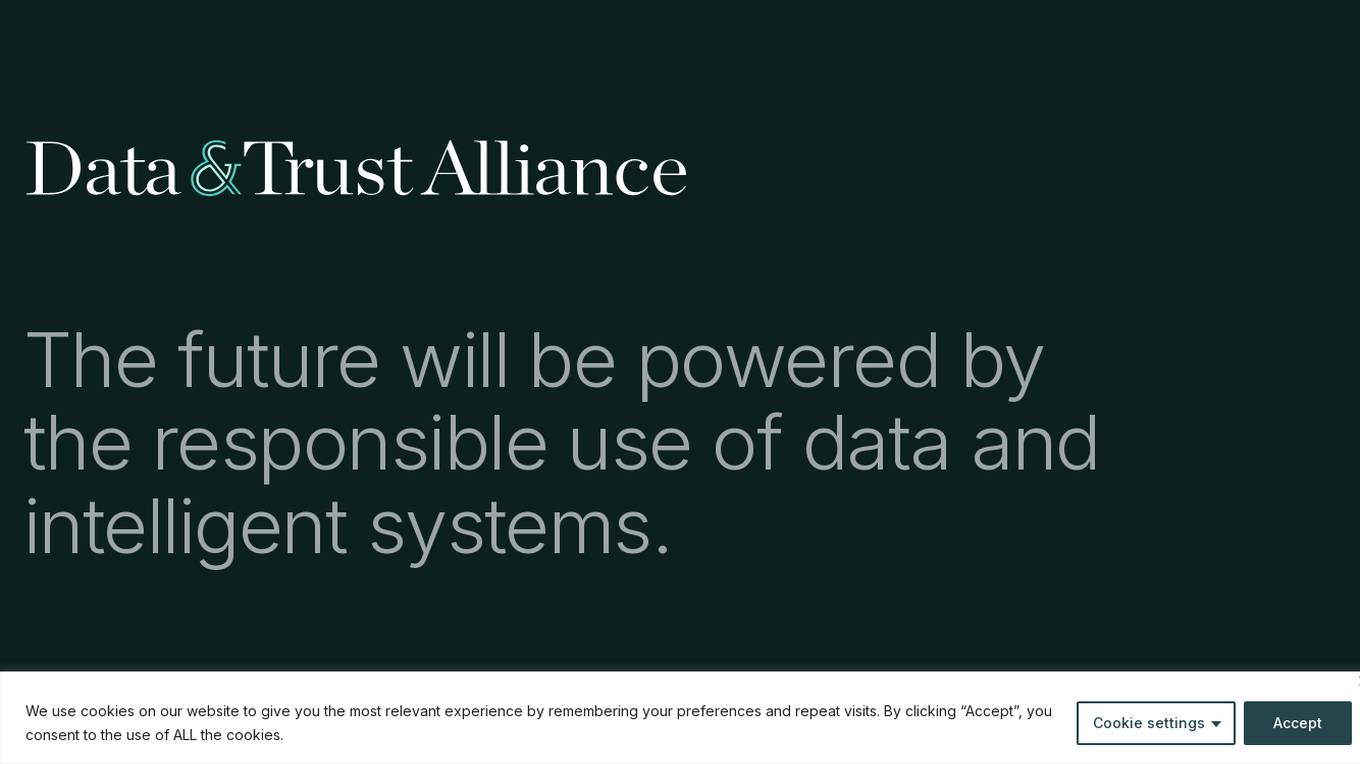
Data & Trust Alliance
The Data & Trust Alliance is a group of industry-leading enterprises focusing on the responsible use of data and intelligent systems. They develop practices to enhance trust in data and AI models, ensuring transparency and reliability in the deployment processes. The alliance works on projects like Data Provenance Standards and Assessing third-party model trustworthiness to promote innovation and trust in AI applications. Through technology and innovation adoption, they aim to leverage expertise and influence for practical solutions and broad adoption across industries.
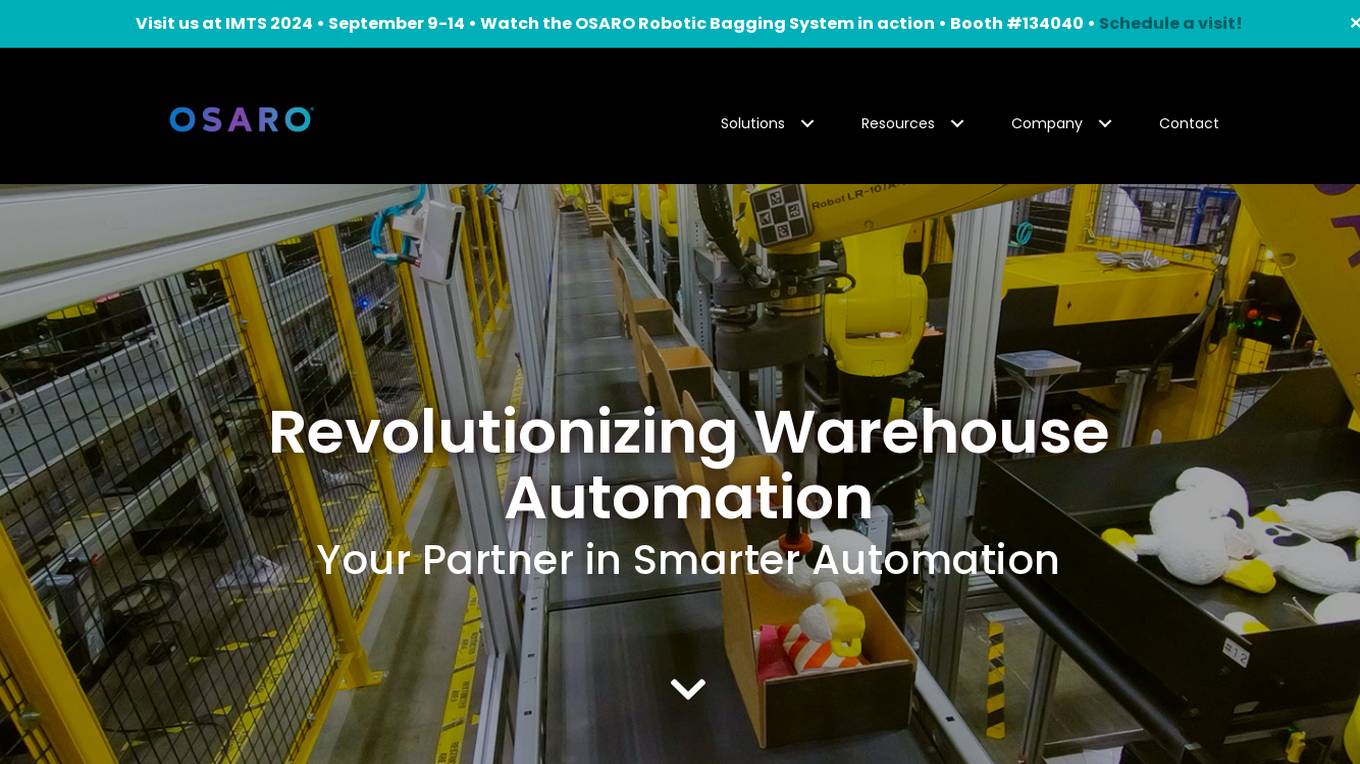
OSARO
OSARO is an AI-powered automation tool designed to revolutionize warehouse operations by offering cutting-edge robotic piece-picking solutions. The tool utilizes proprietary SightWorks™ perception and control software, powered by advanced machine learning, to ensure unparalleled precision and reliability in tasks such as bagging, kitting, and mixed-case depalletizing. OSARO provides adaptive robotics that seamlessly integrate with AMR/ASRS systems, enhancing efficiency and creating better job opportunities. With flexible pricing models like Robot-as-a-Service (RaaS) plans and 24/7 worldwide customer support through OSARO Hypercare™, the tool offers a low-risk investment for businesses seeking smarter automation solutions.
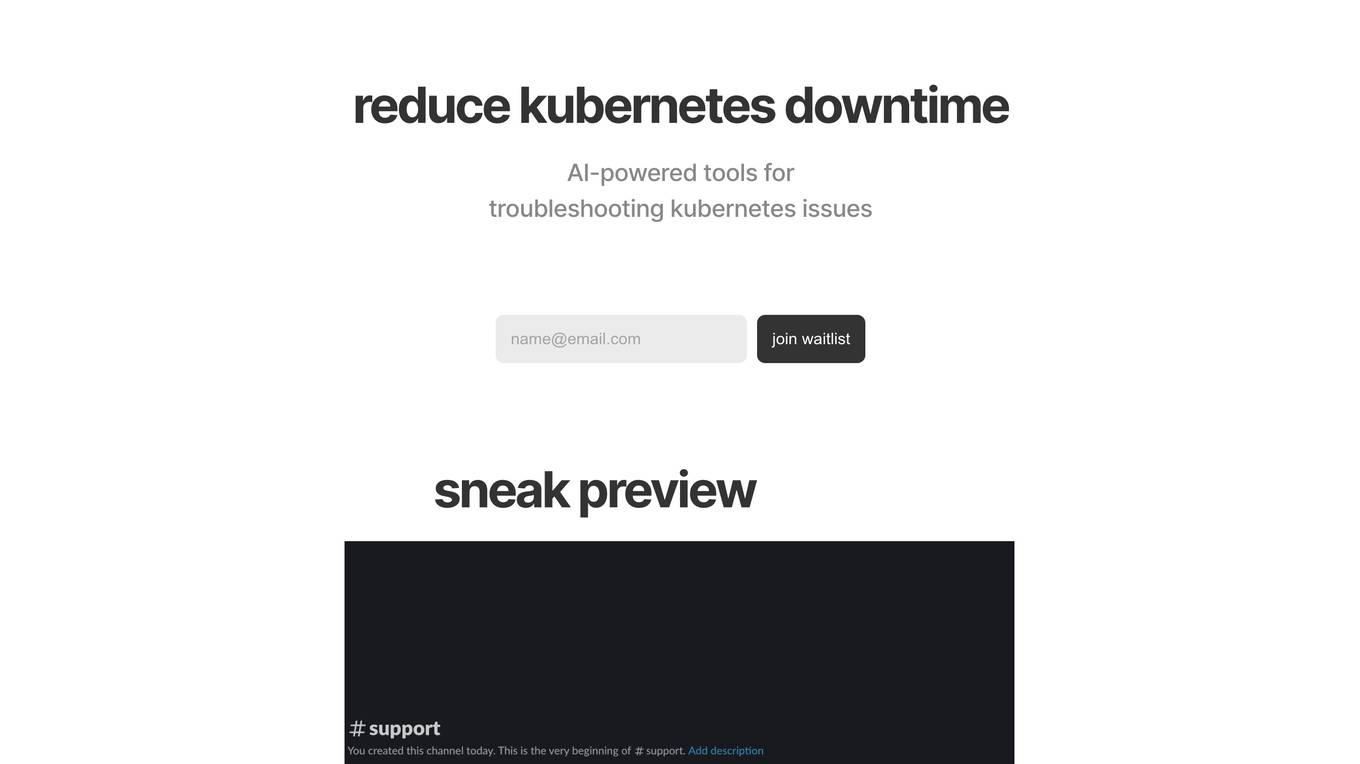
KubeHelper
KubeHelper is an AI-powered tool designed to reduce Kubernetes downtime by providing troubleshooting solutions and command searches. It seamlessly integrates with Slack, allowing users to interact with their Kubernetes cluster in plain English without the need to remember complex commands. With features like troubleshooting steps, command search, infrastructure management, scaling capabilities, and service disruption detection, KubeHelper aims to simplify Kubernetes operations and enhance system reliability.
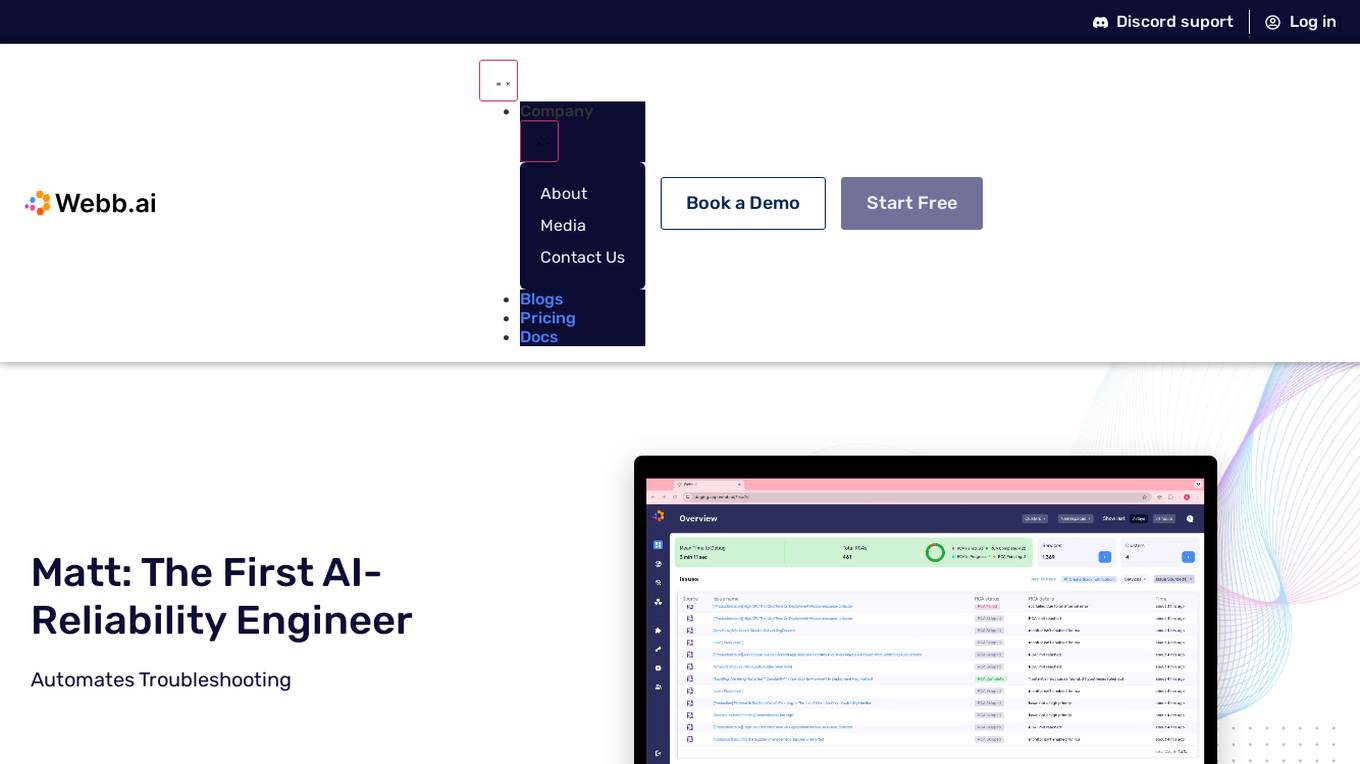
Webb.ai
Webb.ai is an AI-powered platform that offers automated troubleshooting for Kubernetes. It is designed to assist users in identifying and resolving issues within their Kubernetes environment efficiently. By leveraging AI technology, Webb.ai provides insights and recommendations to streamline the troubleshooting process, ultimately improving system reliability and performance. The platform is user-friendly and caters to both beginners and experienced users in the field of Kubernetes management.
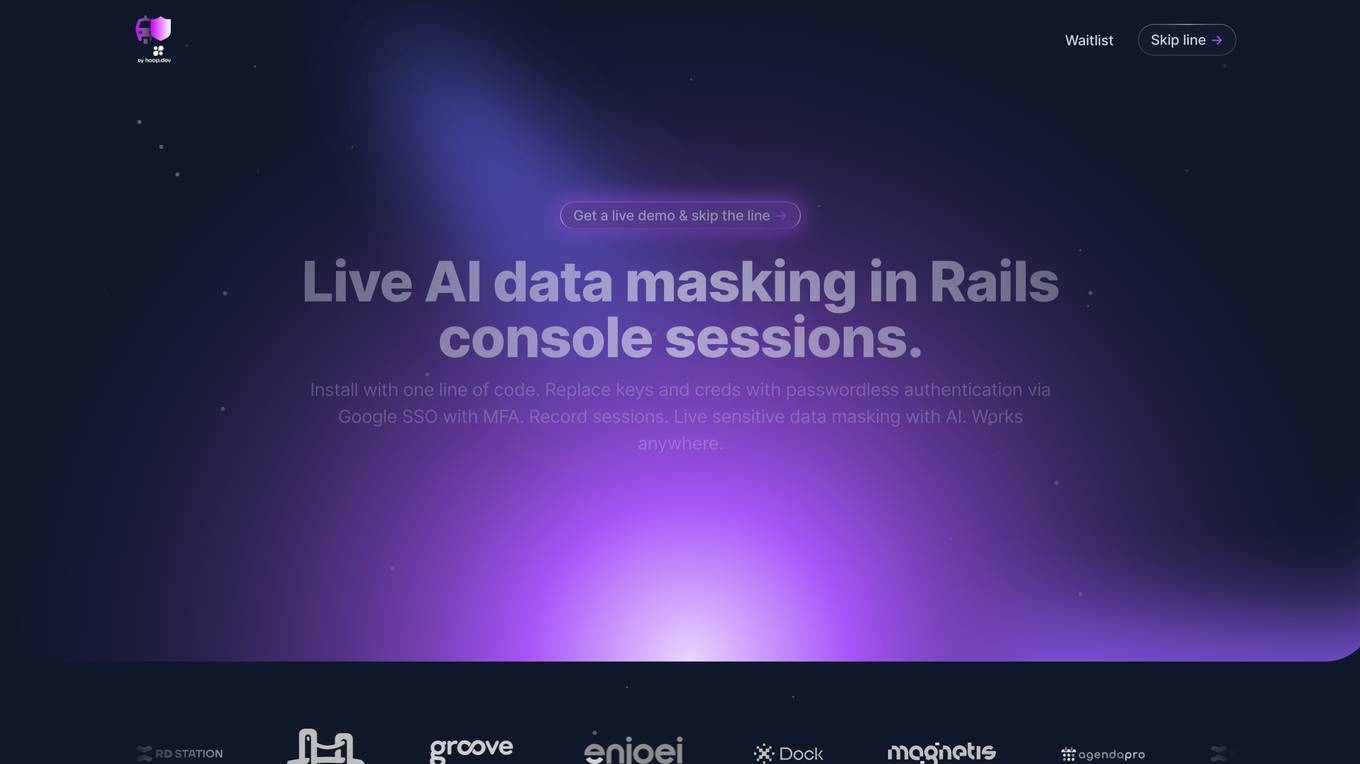
Hoop.dev
Hoop.dev is an AI-powered application that provides live data masking in Rails console sessions. It offers shielded Rails console access, automated employee onboarding and off-boarding, and AI data masking to protect sensitive information. The application allows for passwordless authentication via Google SSO with MFA, auditability of console operations, and compliance with various security controls and regulations. Hoop.dev aims to streamline Rails console operations, reduce manual workflows, and enhance security measures for user convenience and data protection.
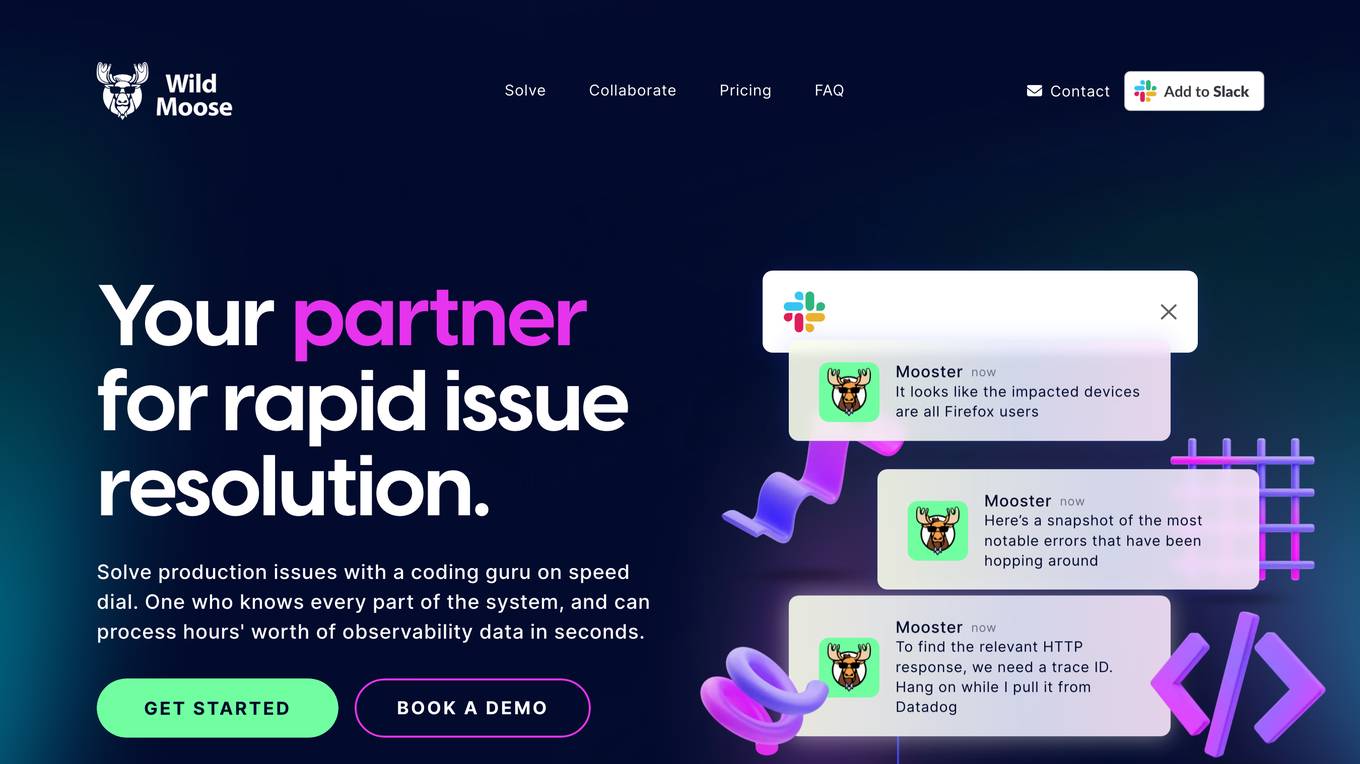
Wild Moose
Wild Moose is an AI-powered SRE Copilot tool designed to help companies handle incidents efficiently. It offers fast and efficient root cause analysis that improves with every incident by automatically gathering and analyzing logs, metrics, and code to pinpoint root causes. The tool converts tribal knowledge into custom playbooks, constantly improves performance with a system model that learns from each incident, and integrates seamlessly with various observability tools and deployment platforms. Wild Moose reduces cognitive load on teams, automates routine tasks, and provides actionable insights in real-time, enabling teams to act fast during outages.
2 - Open Source Tools
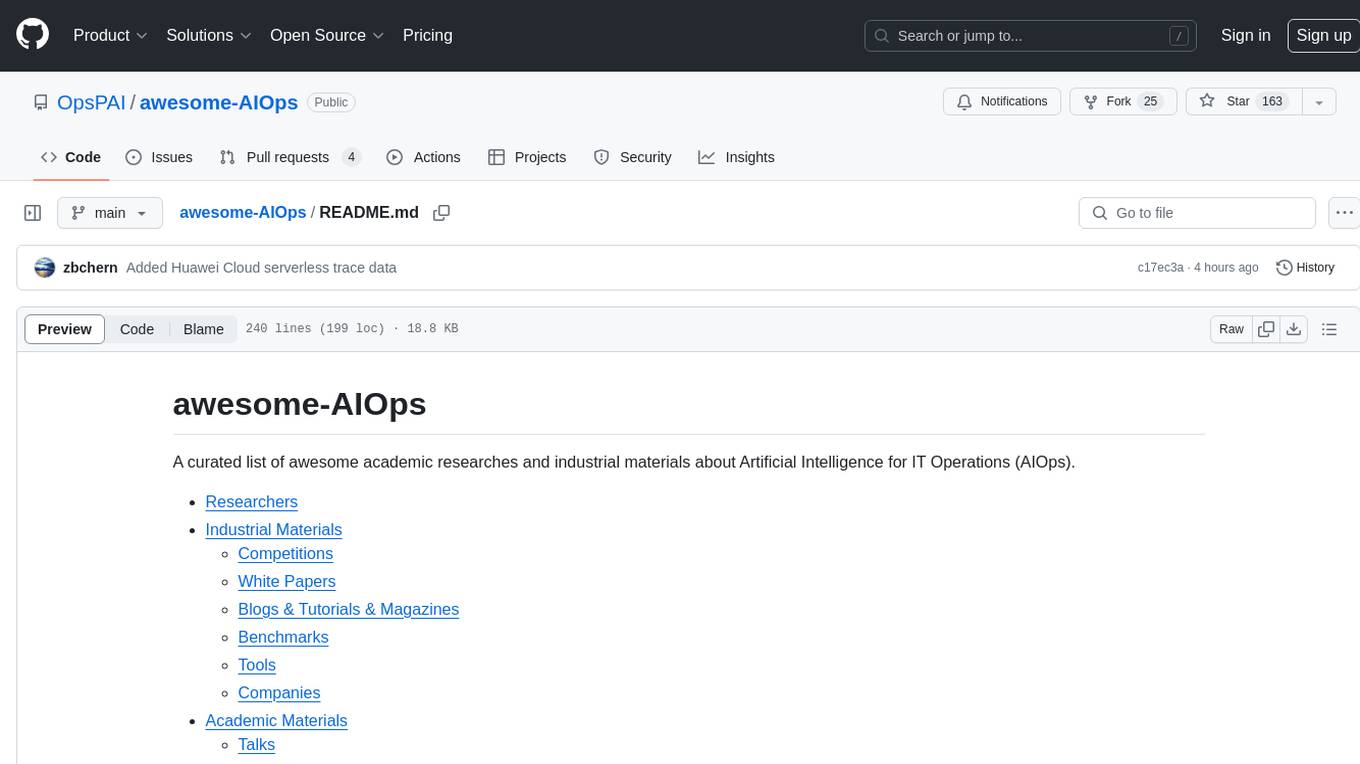
awesome-AIOps
awesome-AIOps is a curated list of academic researches and industrial materials related to Artificial Intelligence for IT Operations (AIOps). It includes resources such as competitions, white papers, blogs, tutorials, benchmarks, tools, companies, academic materials, talks, workshops, papers, and courses covering various aspects of AIOps like anomaly detection, root cause analysis, incident management, microservices, dependency tracing, and more.
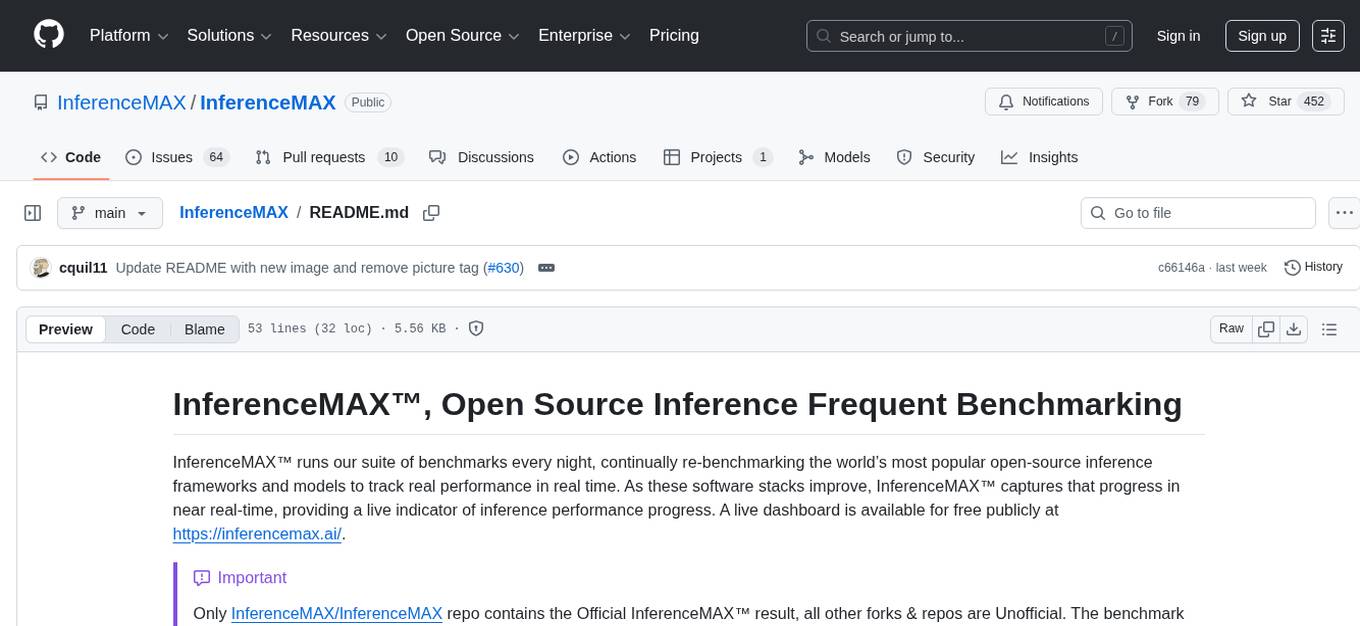
InferenceMAX
InferenceMAX™ is an open-source benchmarking tool designed to track real-time performance improvements in popular open-source inference frameworks and models. It runs a suite of benchmarks every night to capture progress in near real-time, providing a live indicator of inference performance. The tool addresses the challenge of rapidly evolving software ecosystems by benchmarking the latest software packages, ensuring that benchmarks do not go stale. InferenceMAX™ is supported by industry leaders and contributors, providing transparent and reproducible benchmarks that help the ML community make informed decisions about hardware and software performance.
20 - OpenAI Gpts

System Design Tutor
A System Architect Coach guiding you through system design principles and best practices. Explains CAP theorem like no one else
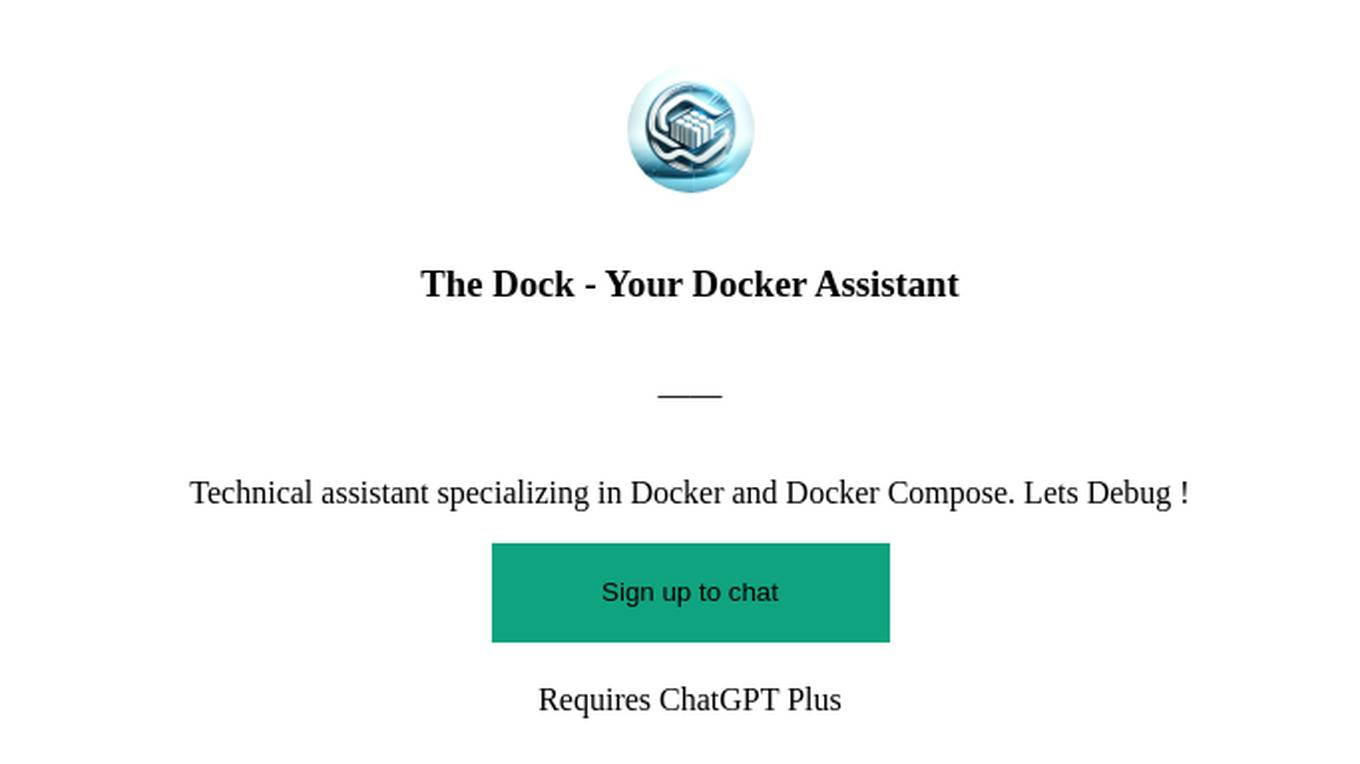
The Dock - Your Docker Assistant
Technical assistant specializing in Docker and Docker Compose. Lets Debug !
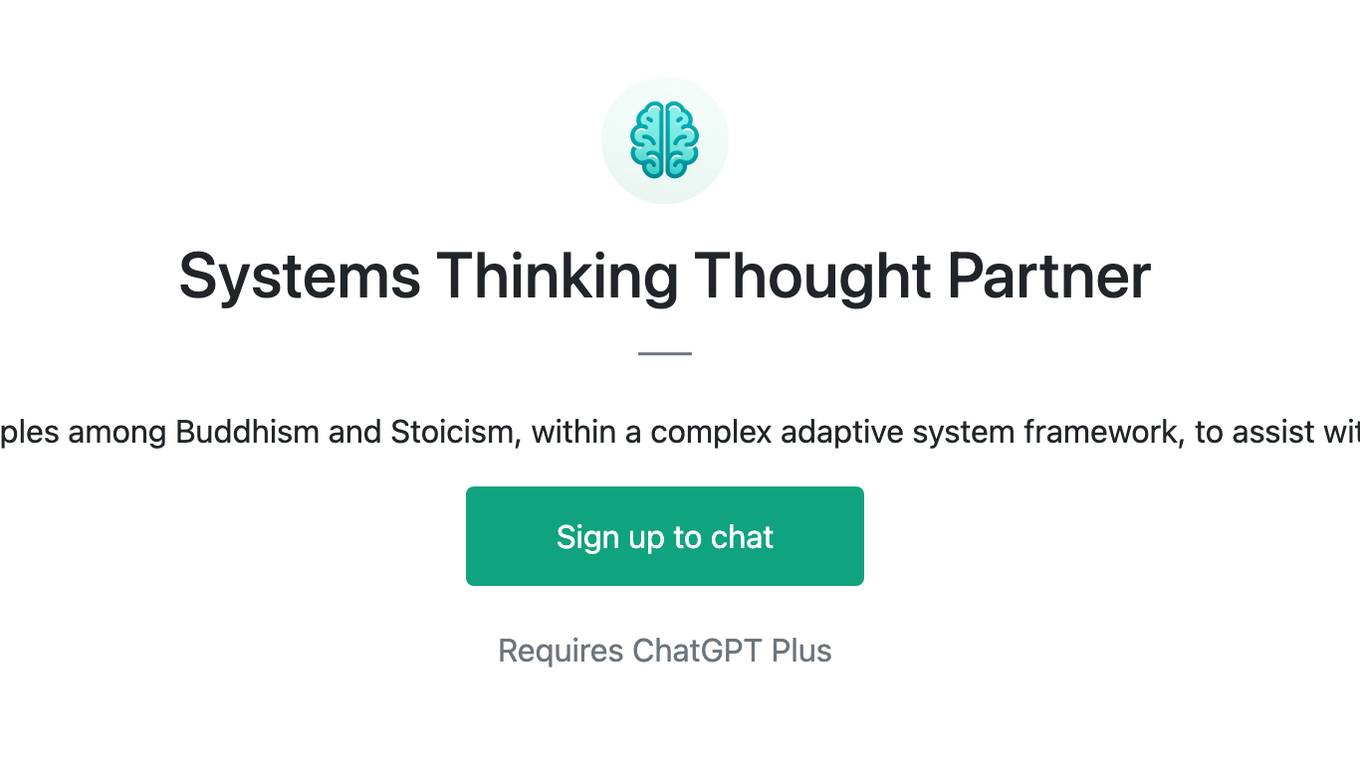
Systems Thinking Thought Partner
Uses common principles among Buddhism and Stoicism, within a complex adaptive system framework, to assist with decision making
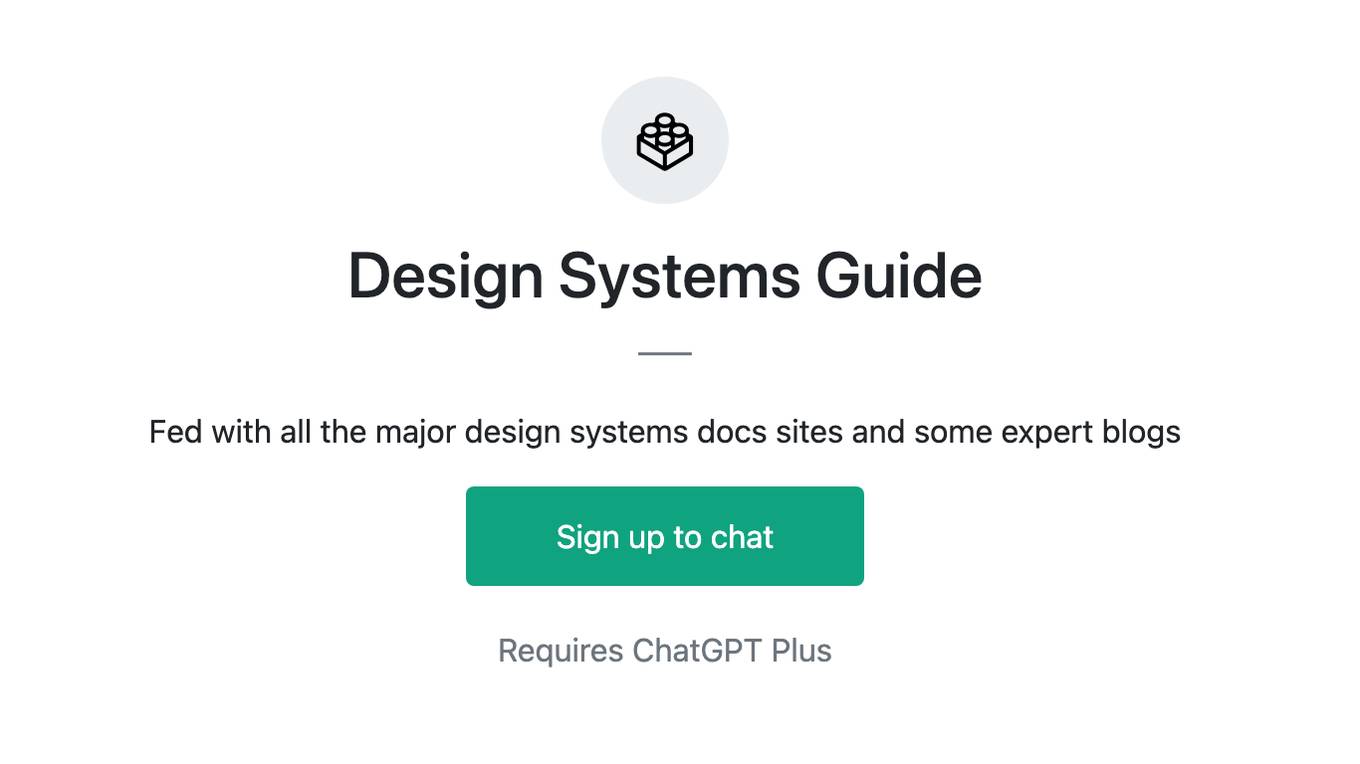
Design Systems Guide
Fed with all the major design systems docs sites and some expert blogs
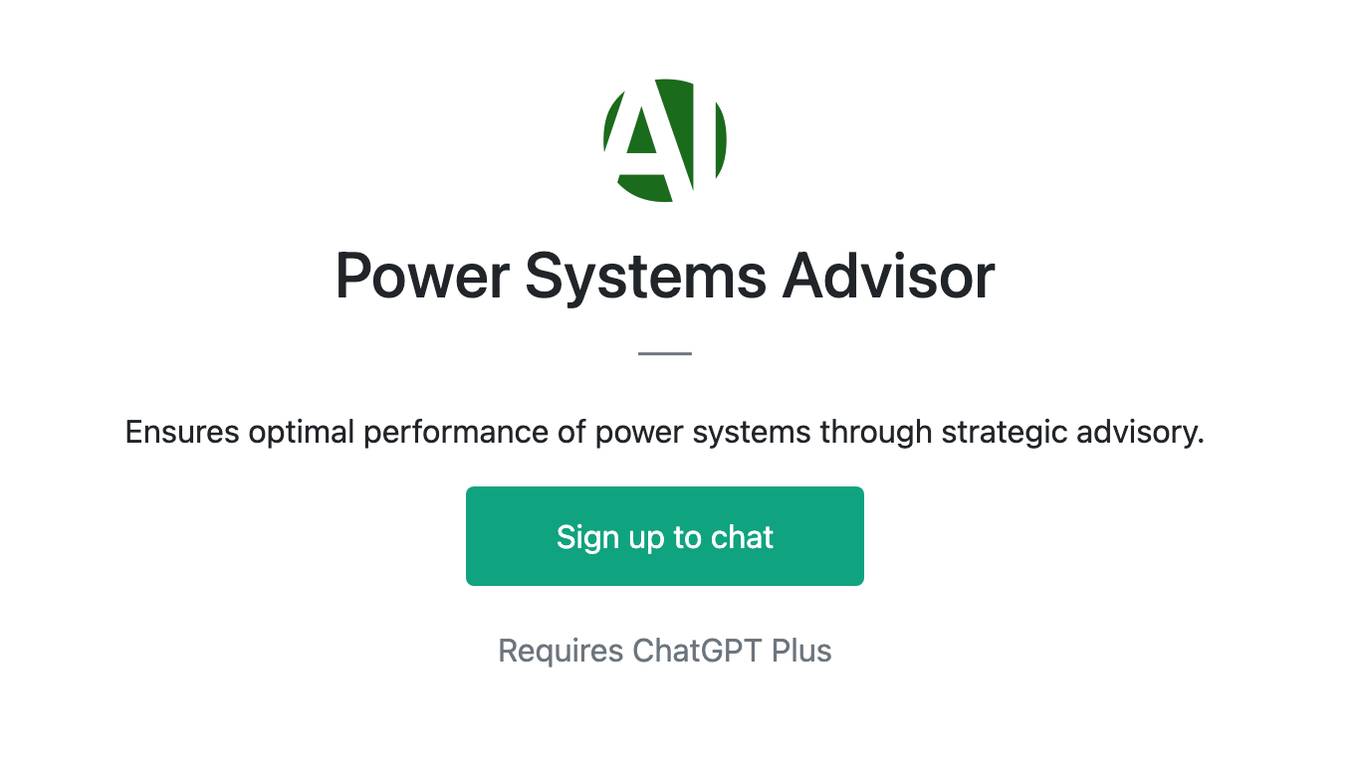
Power Systems Advisor
Ensures optimal performance of power systems through strategic advisory.
Amalgamated Intermittent Computing Systems Expert
Know the details about the Amalgamated Intermittent Computing Systems paper
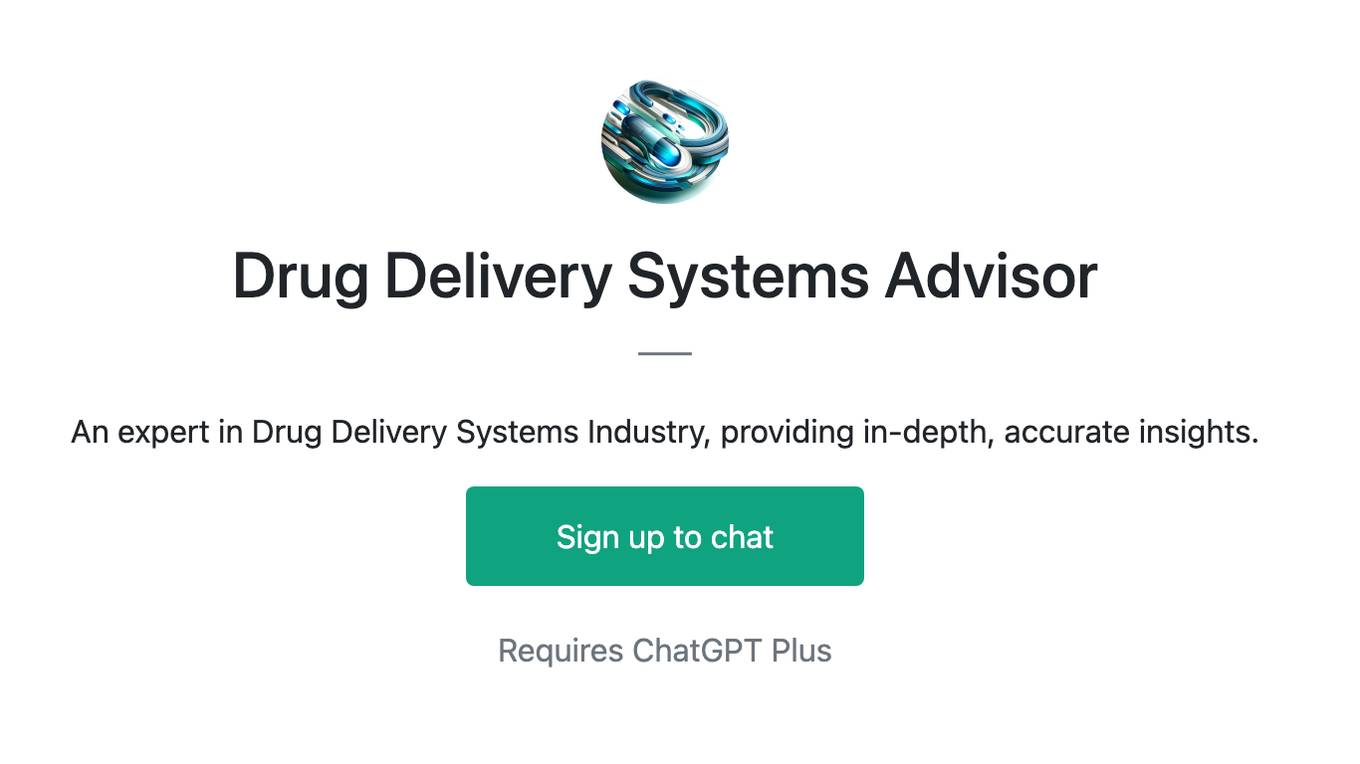
Drug Delivery Systems Advisor
An expert in Drug Delivery Systems Industry, providing in-depth, accurate insights.
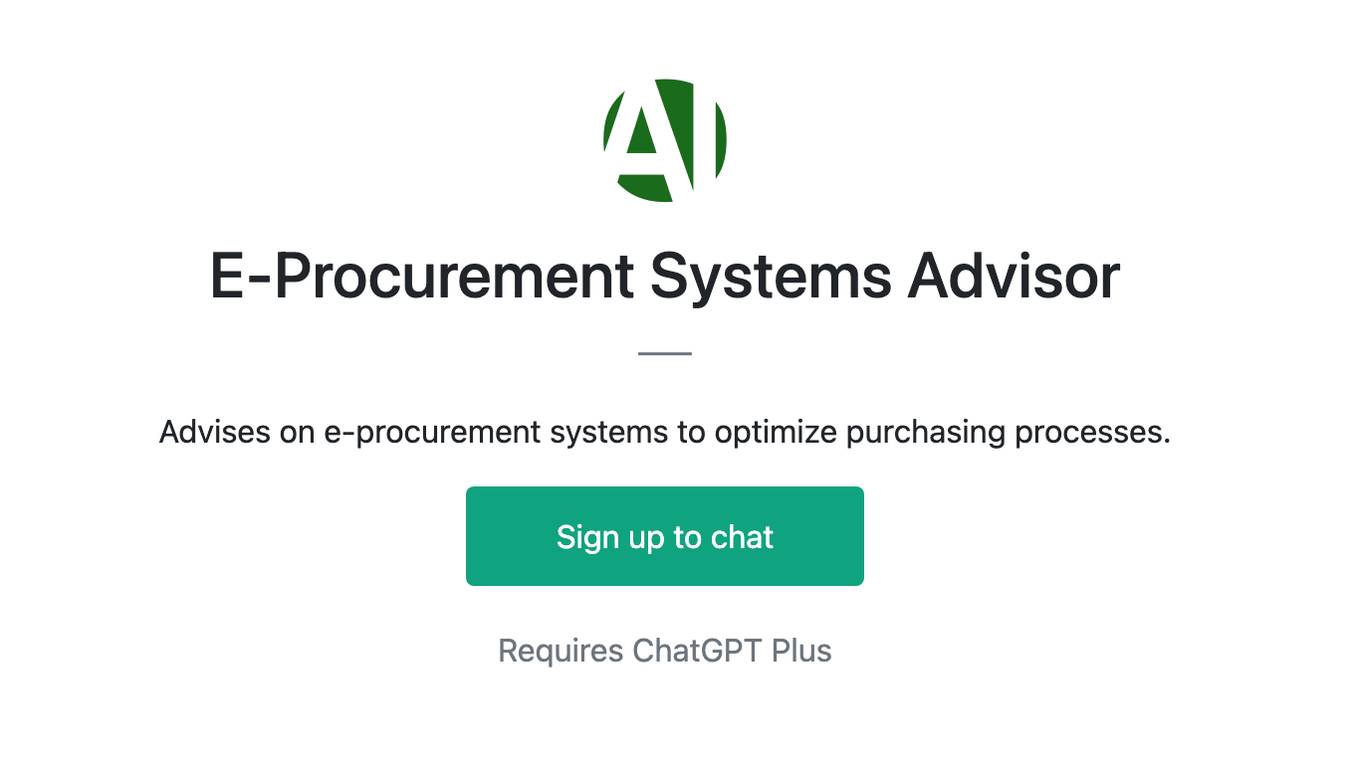
E-Procurement Systems Advisor
Advises on e-procurement systems to optimize purchasing processes.
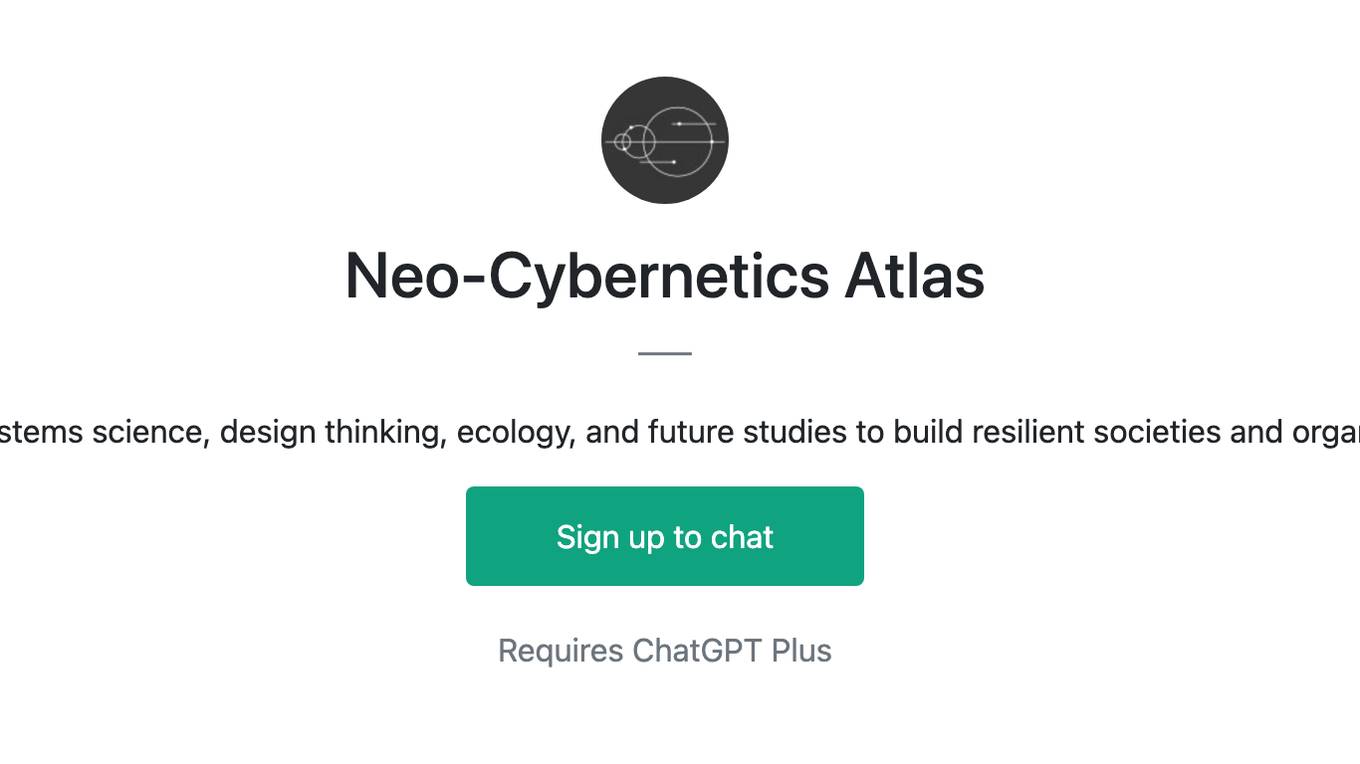
Neo-Cybernetics Atlas
Bridging systems science, design thinking, ecology, and future studies to build resilient societies and organizations.
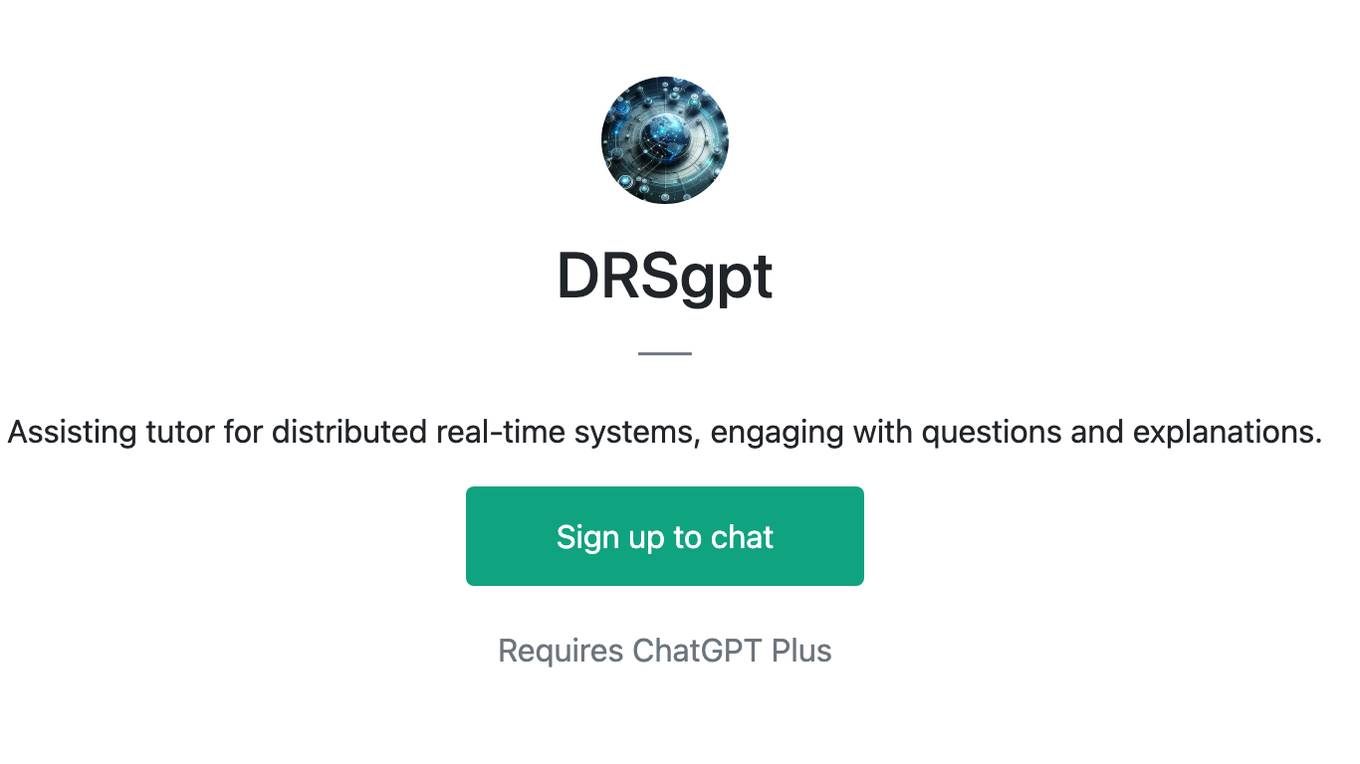
DRSgpt
Assisting tutor for distributed real-time systems, engaging with questions and explanations.
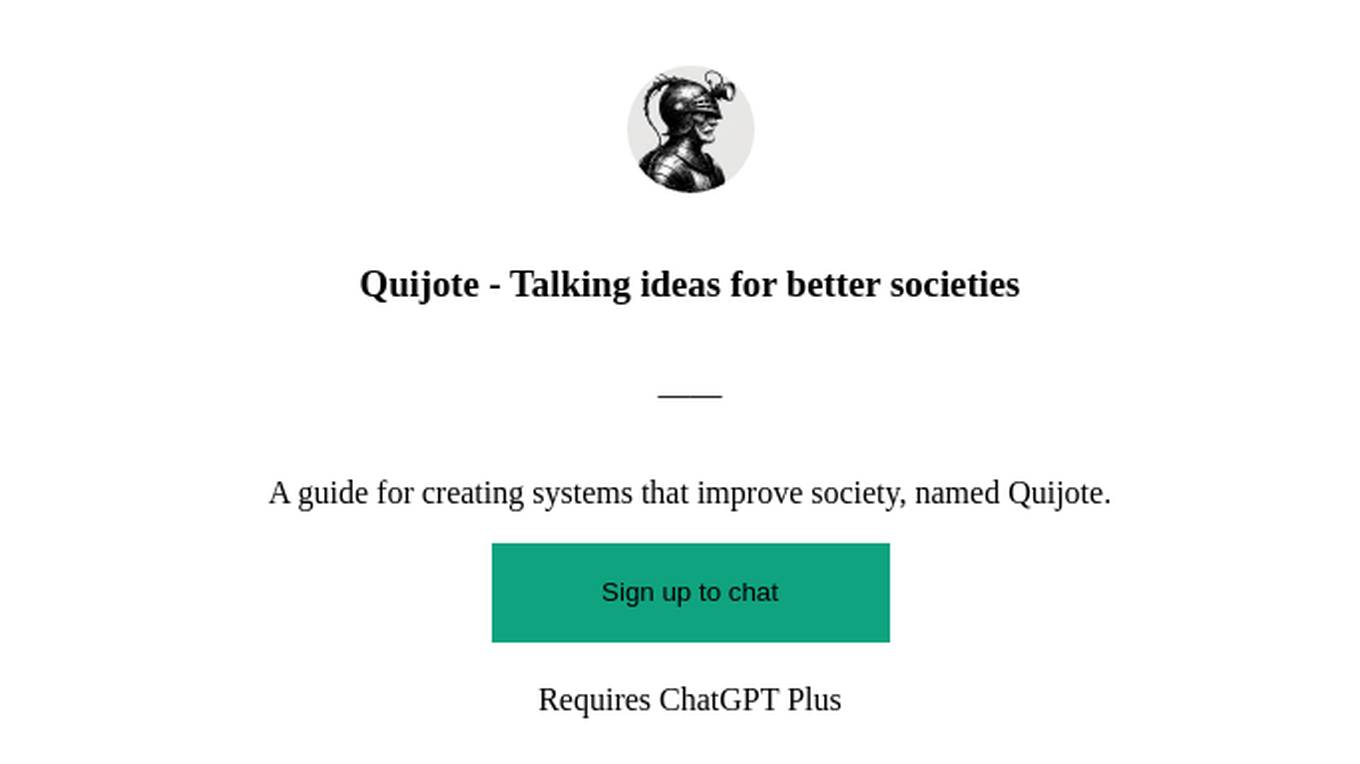
Quijote - Talking ideas for better societies
A guide for creating systems that improve society, named Quijote.
